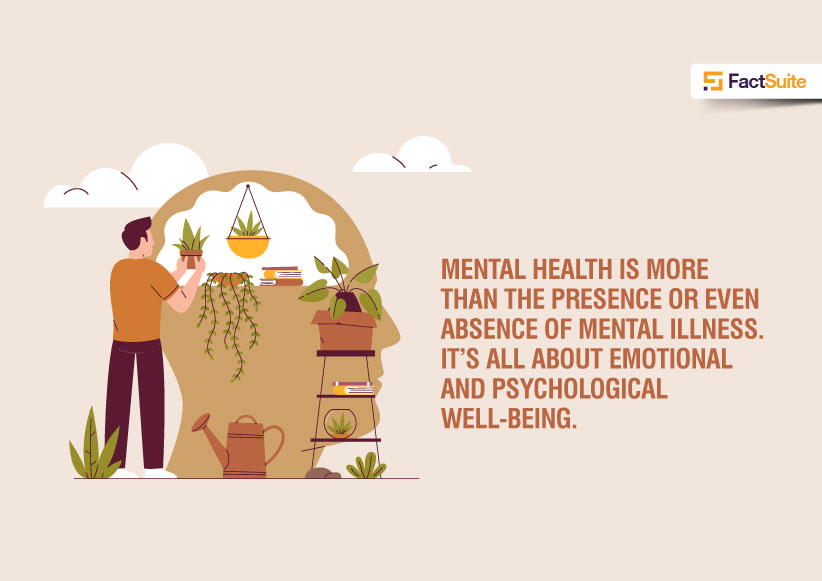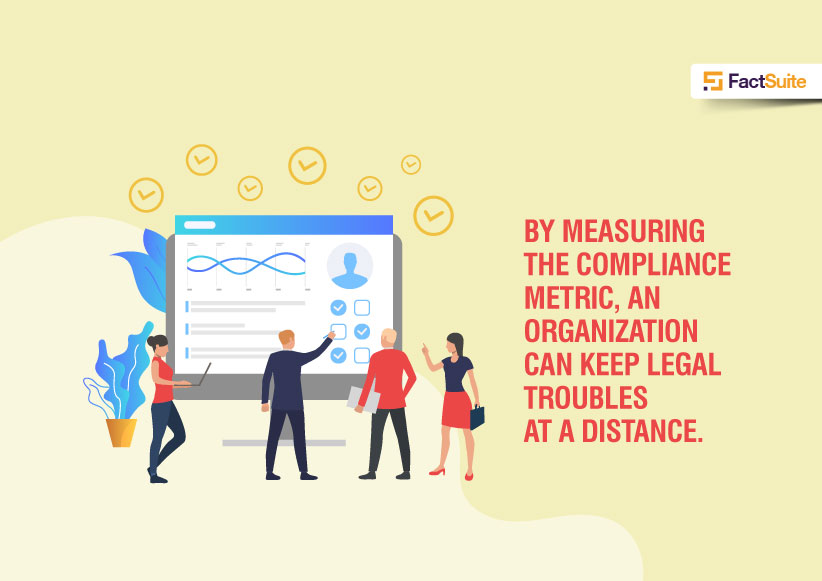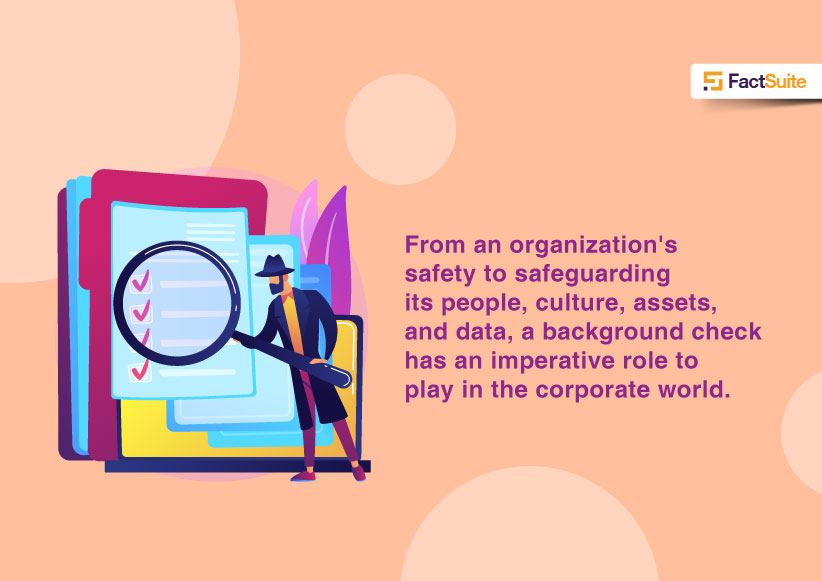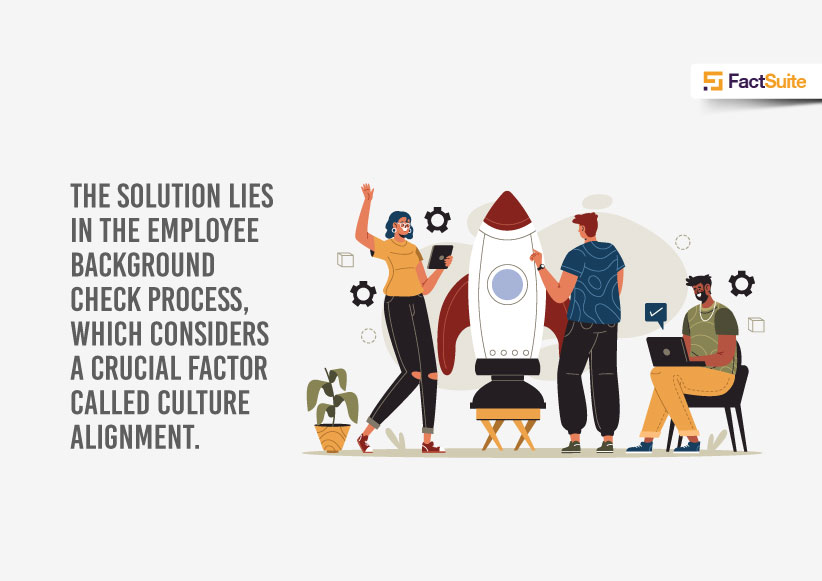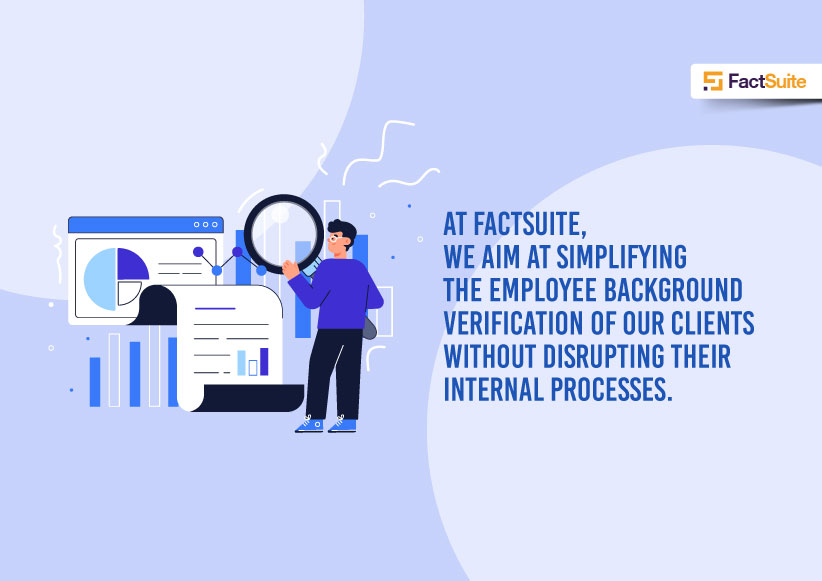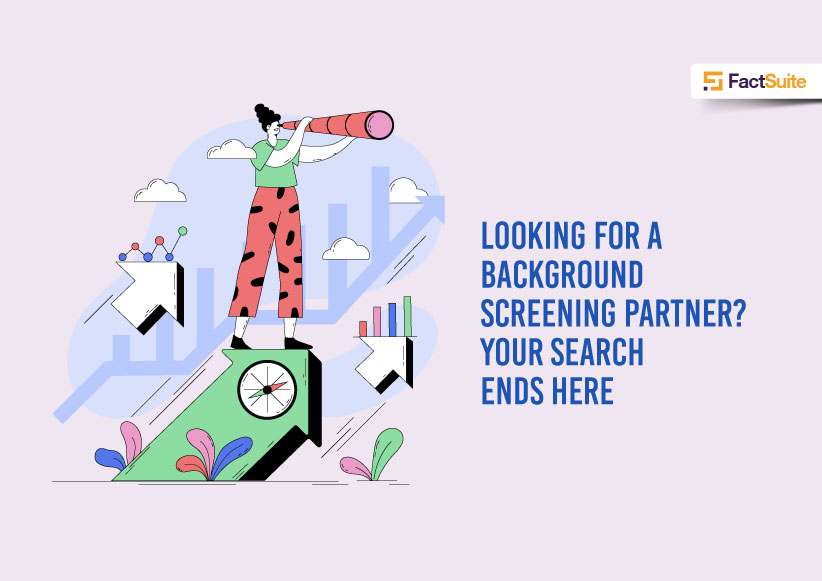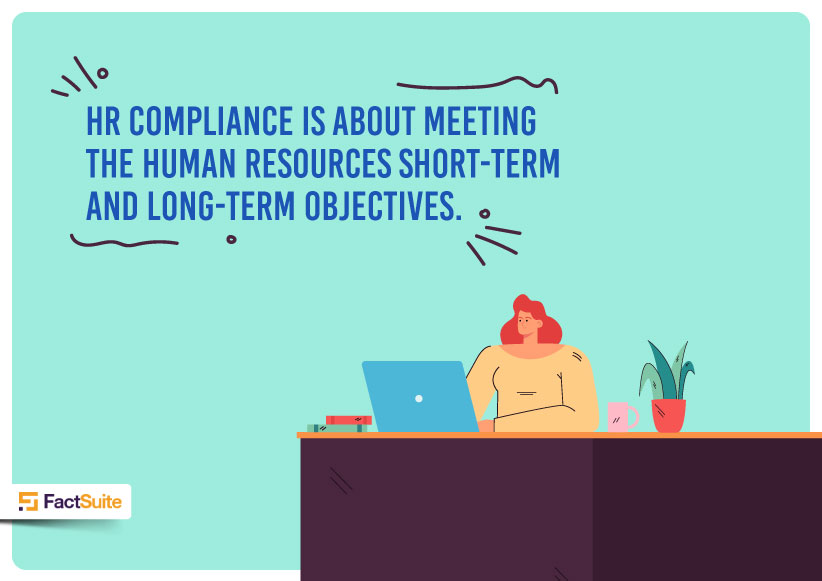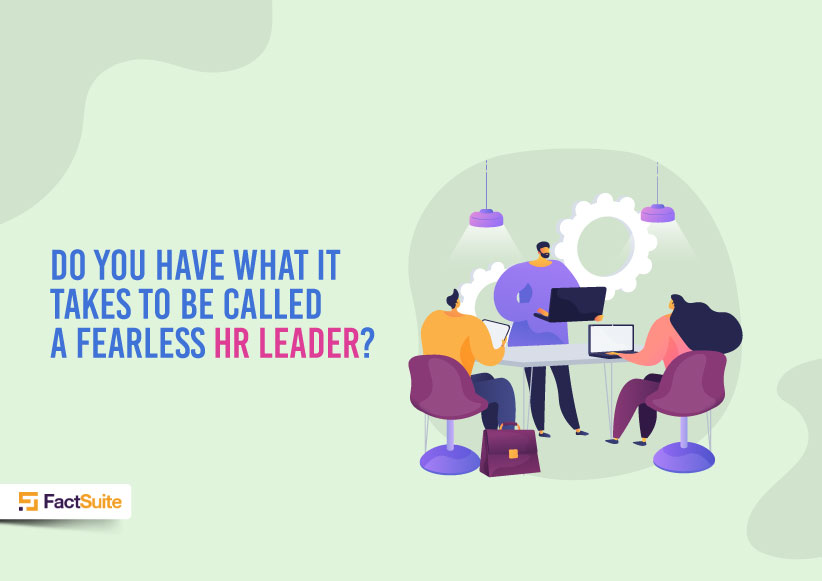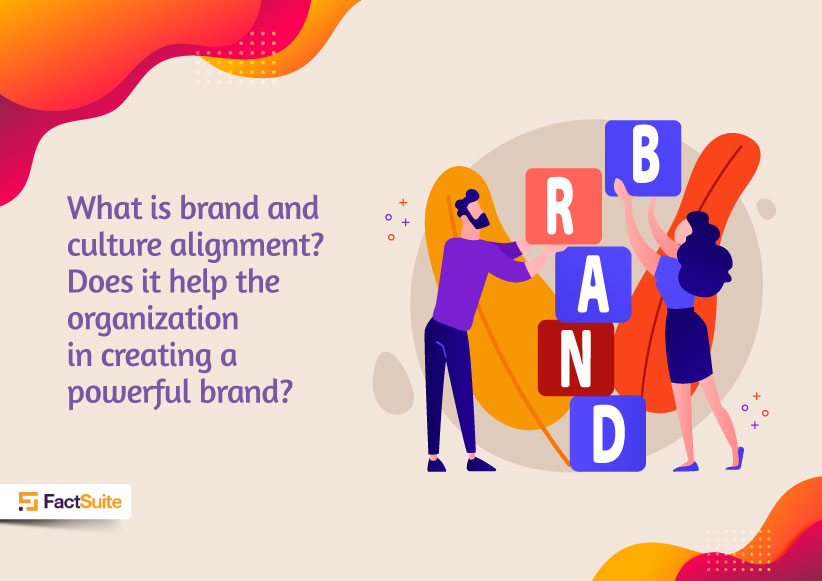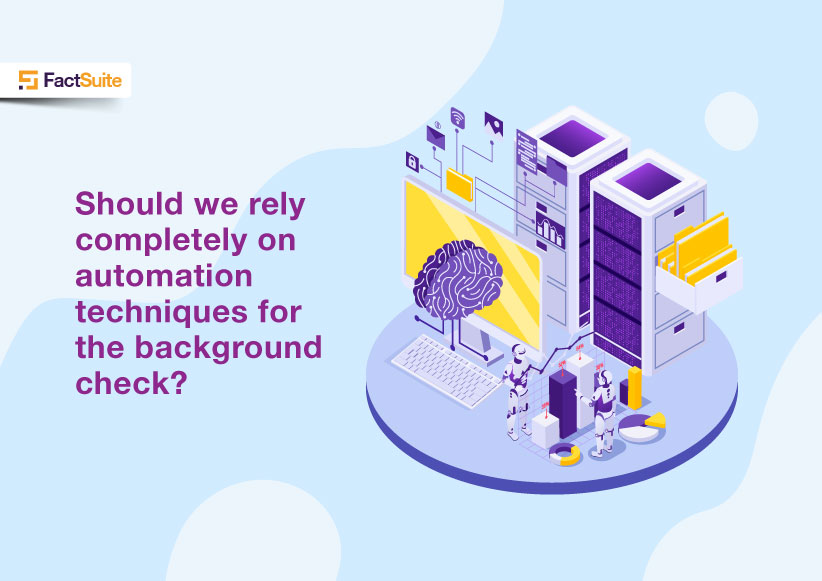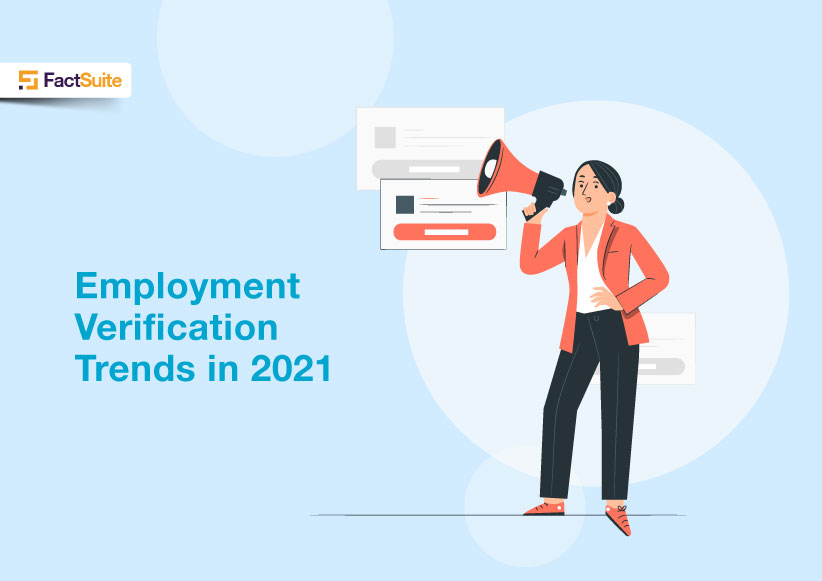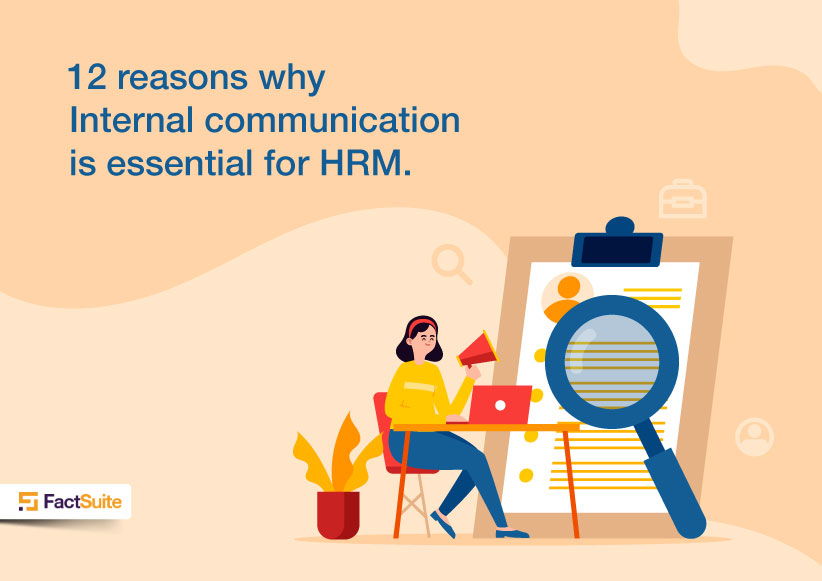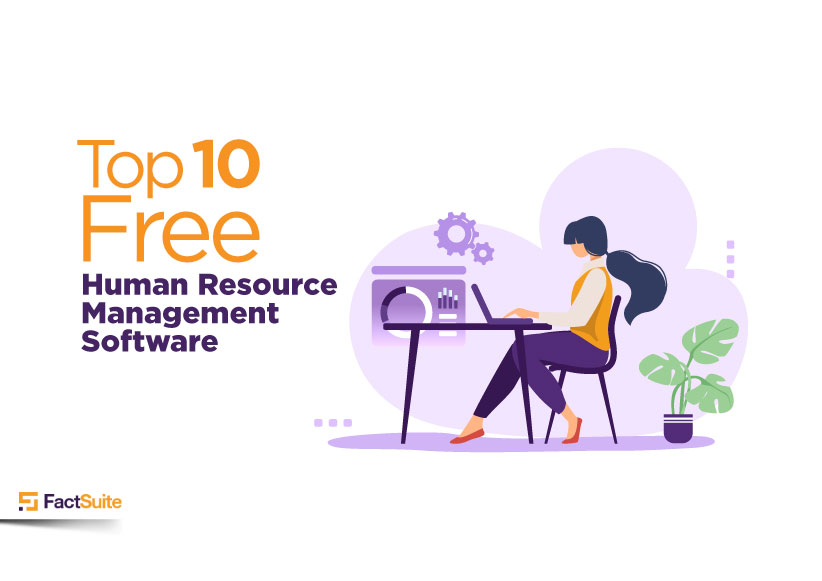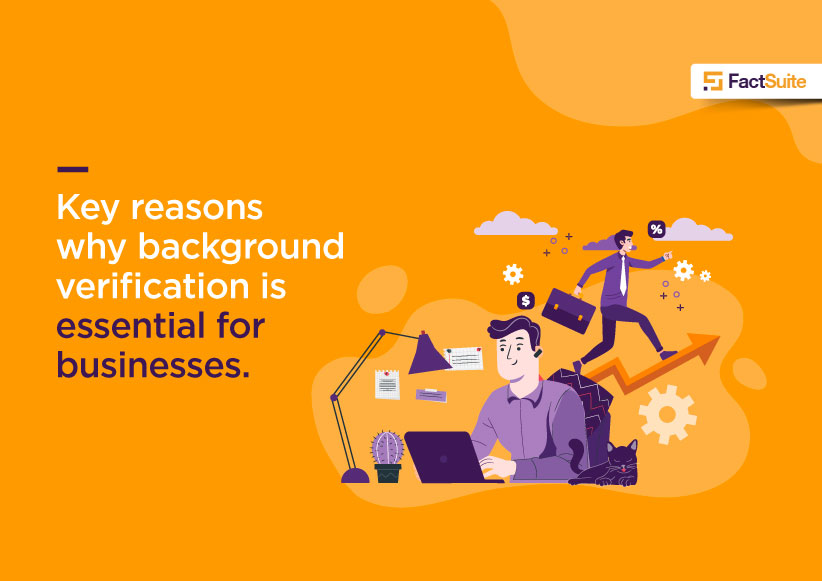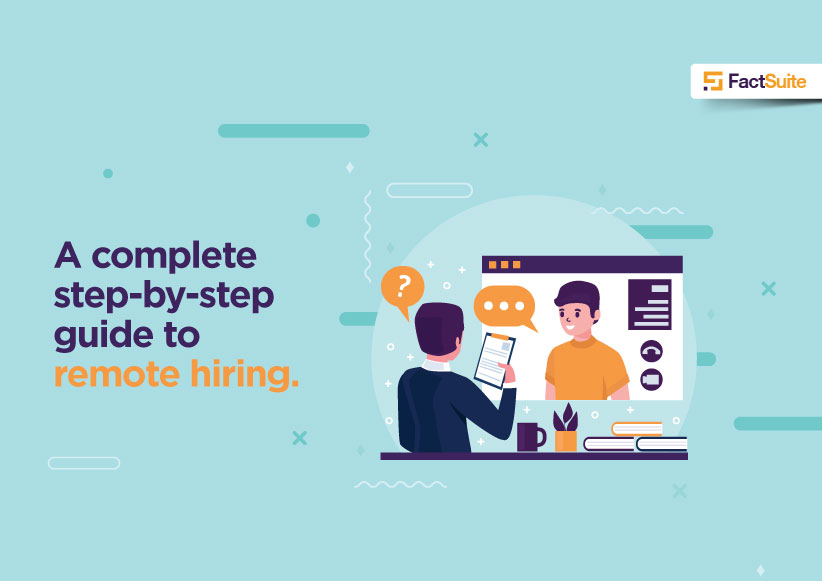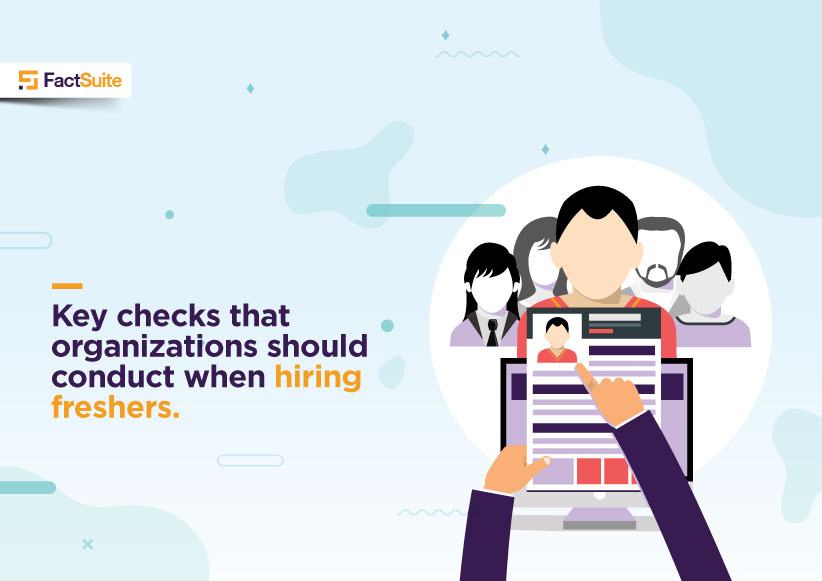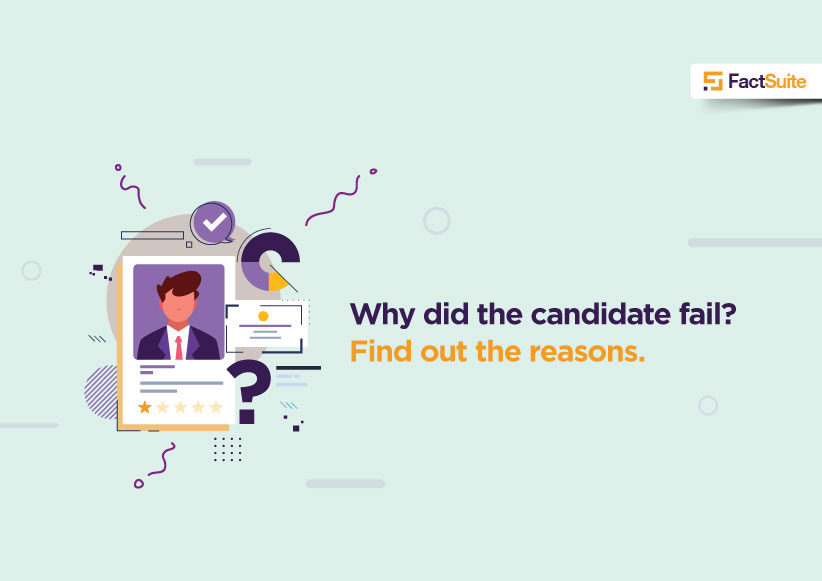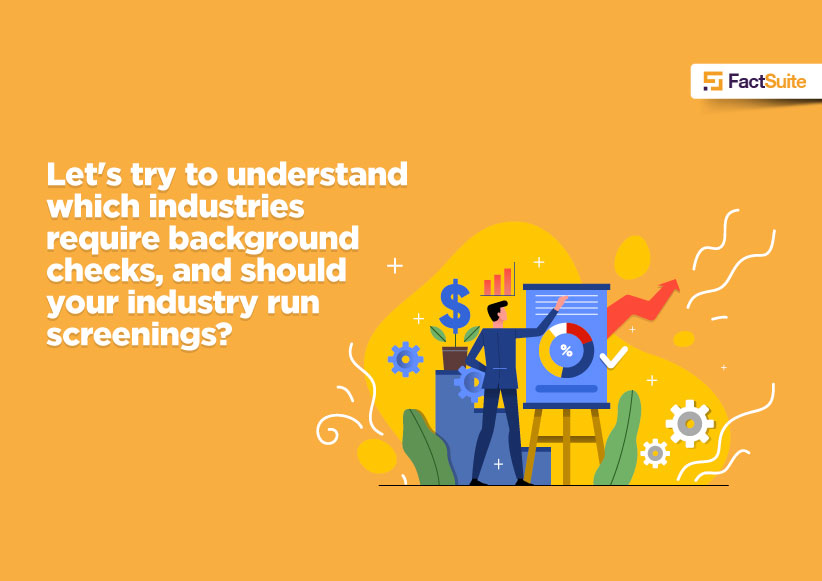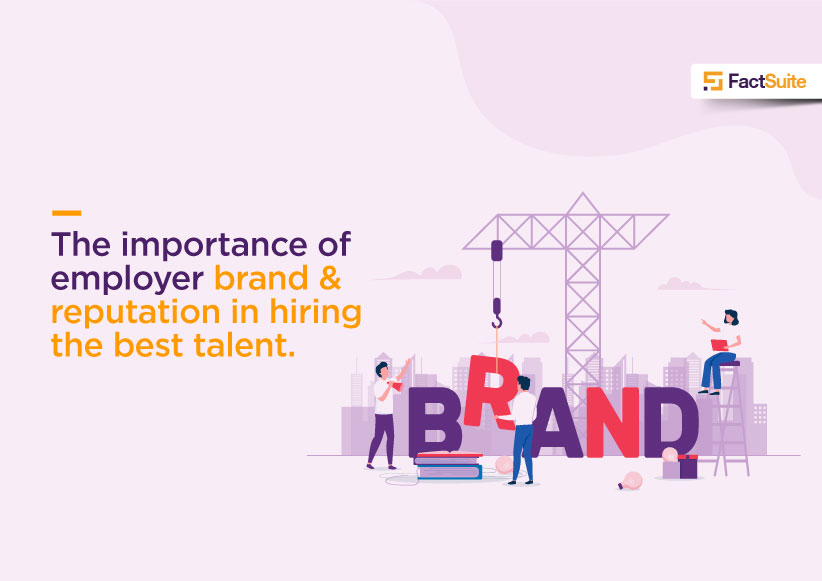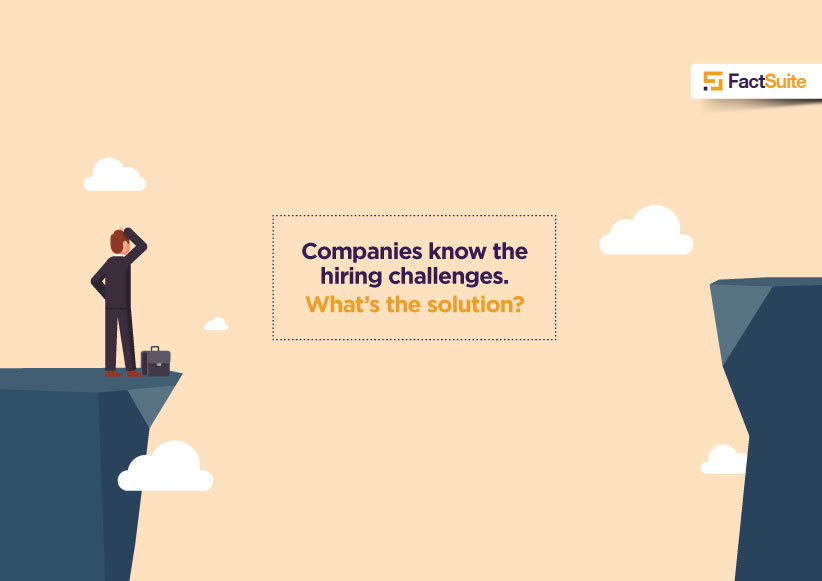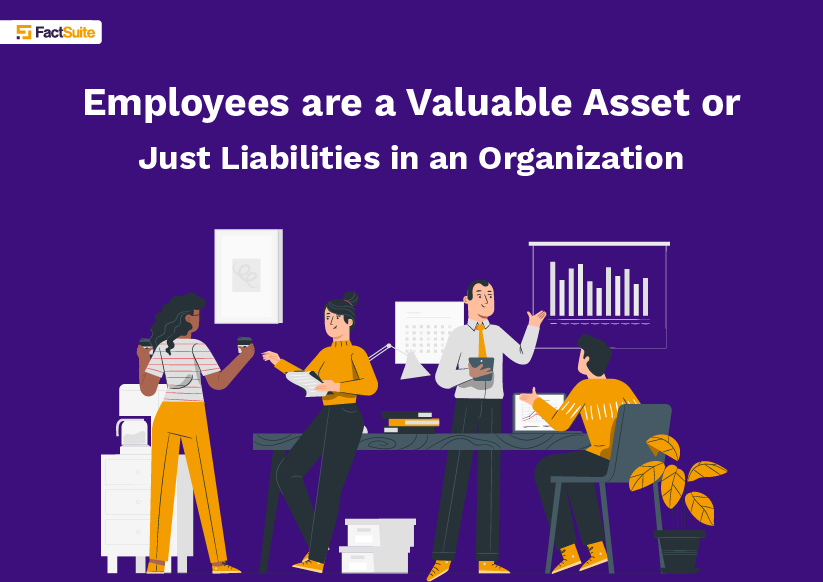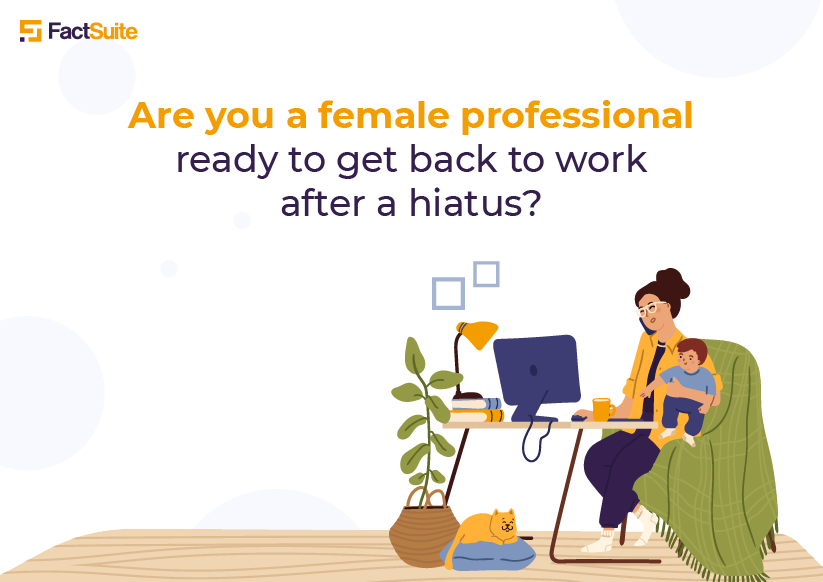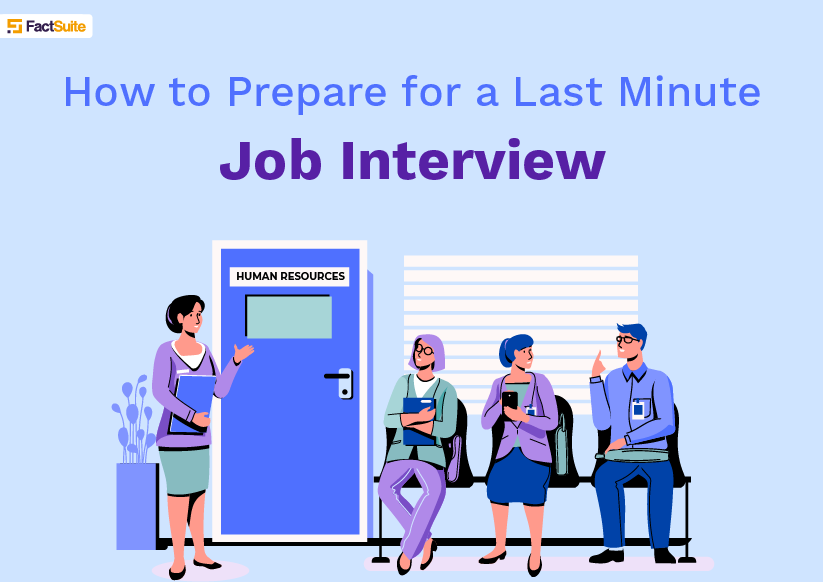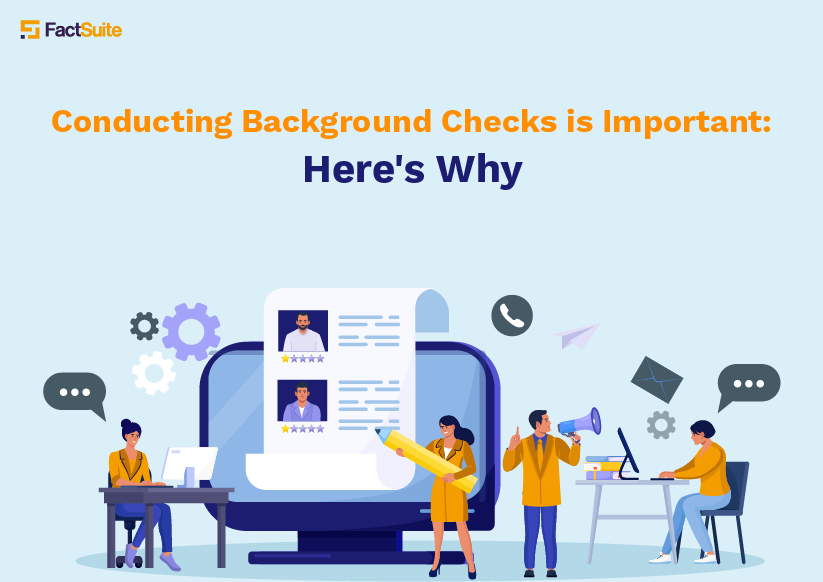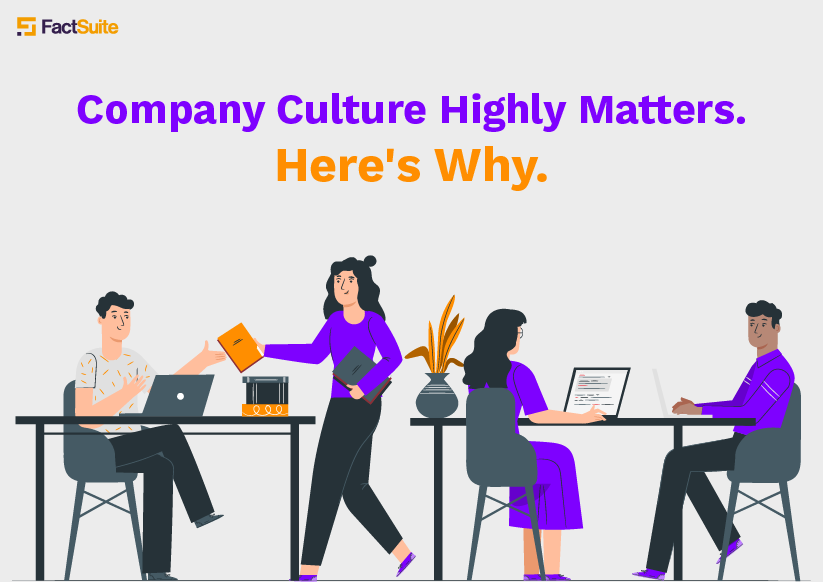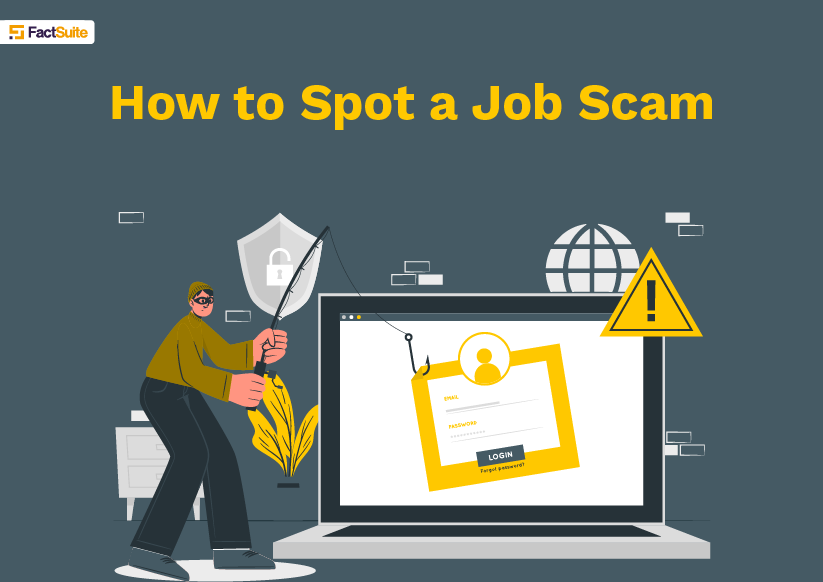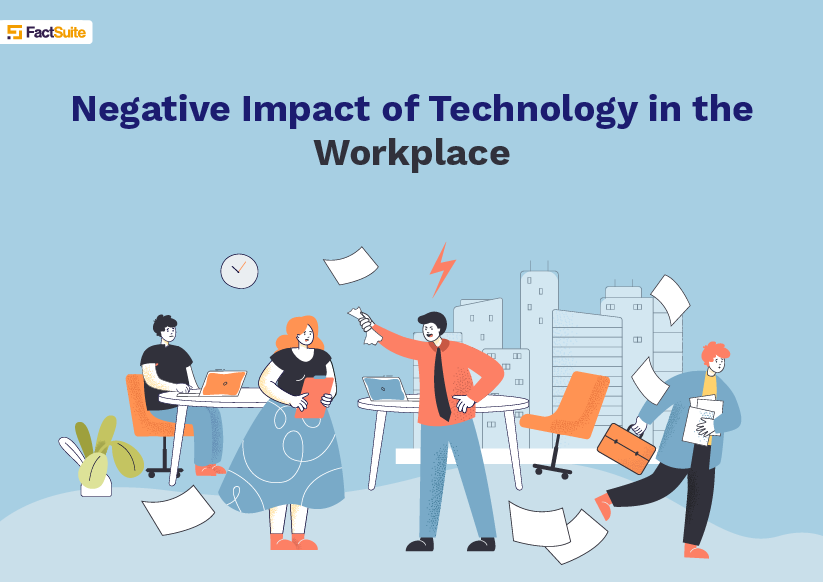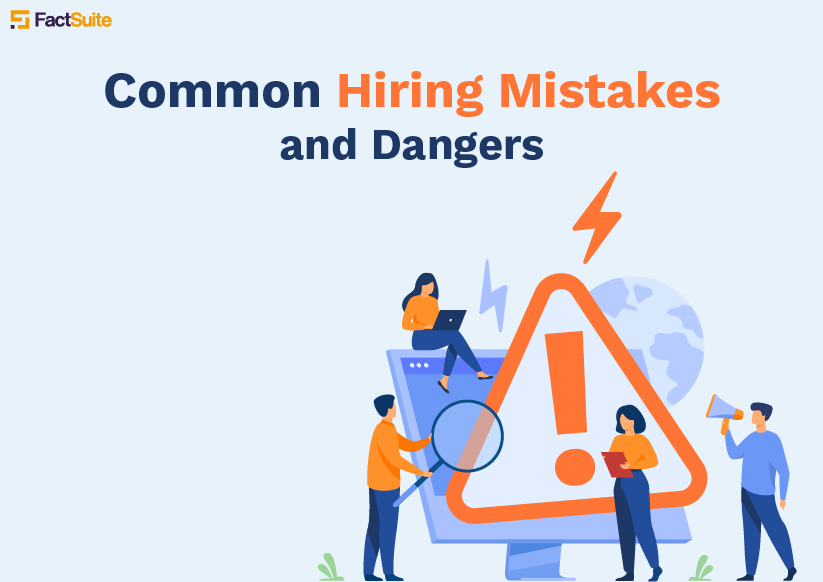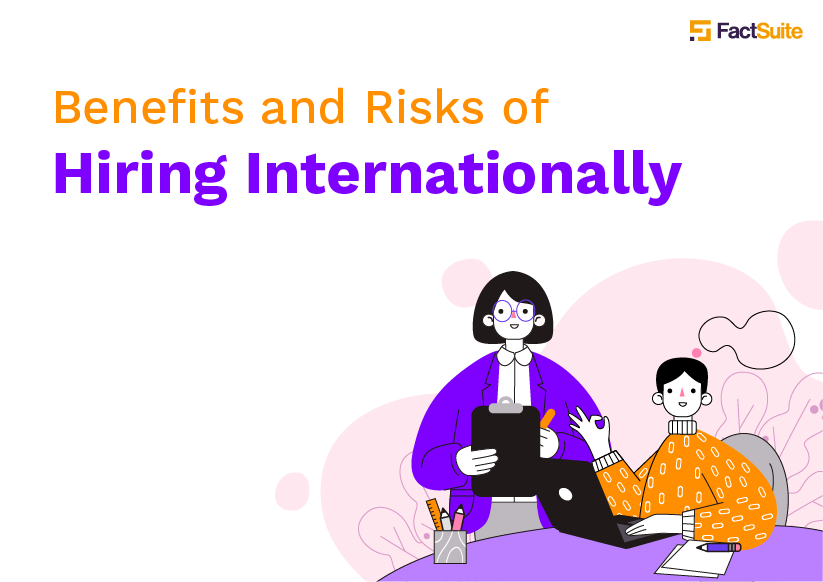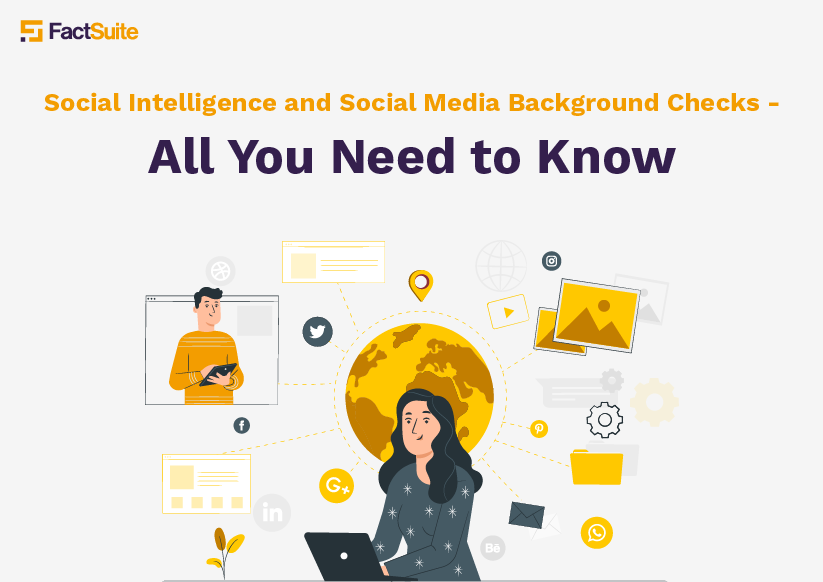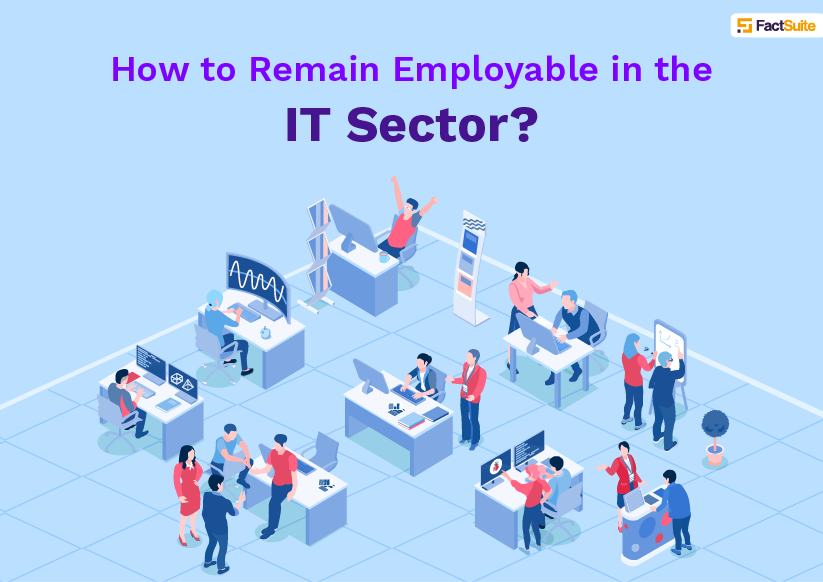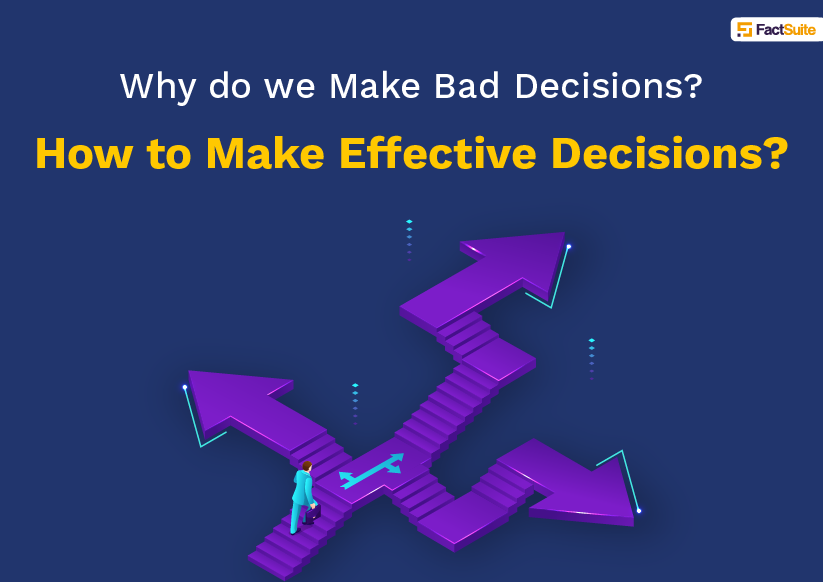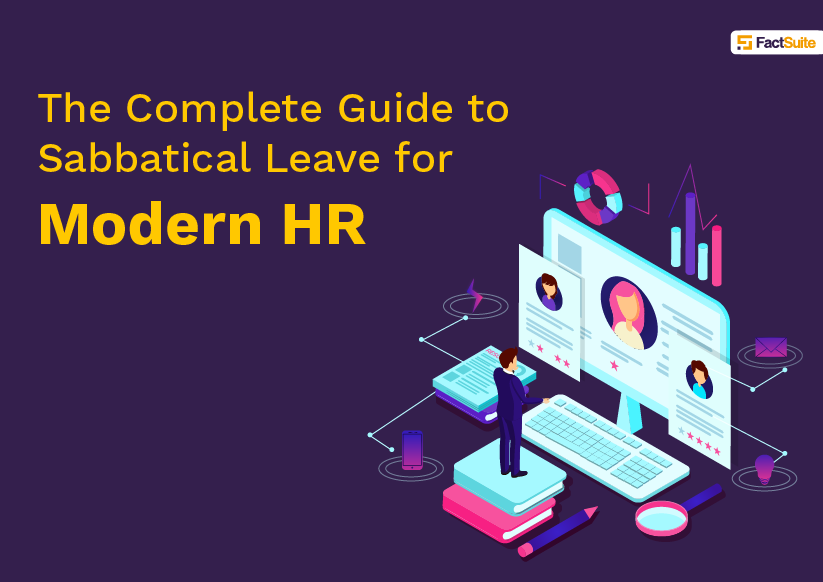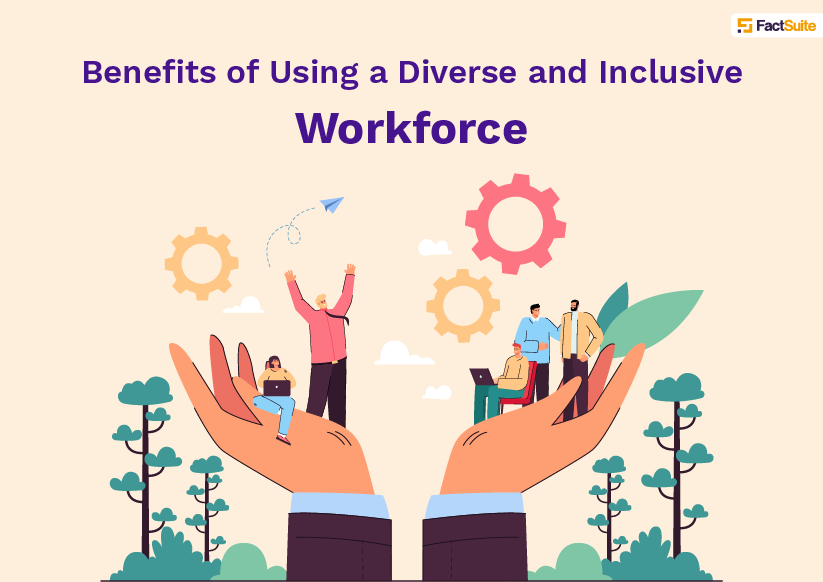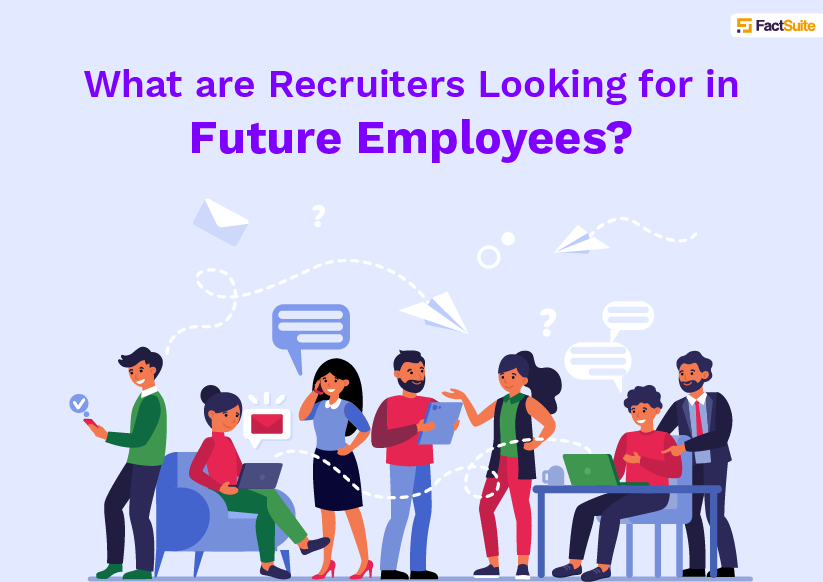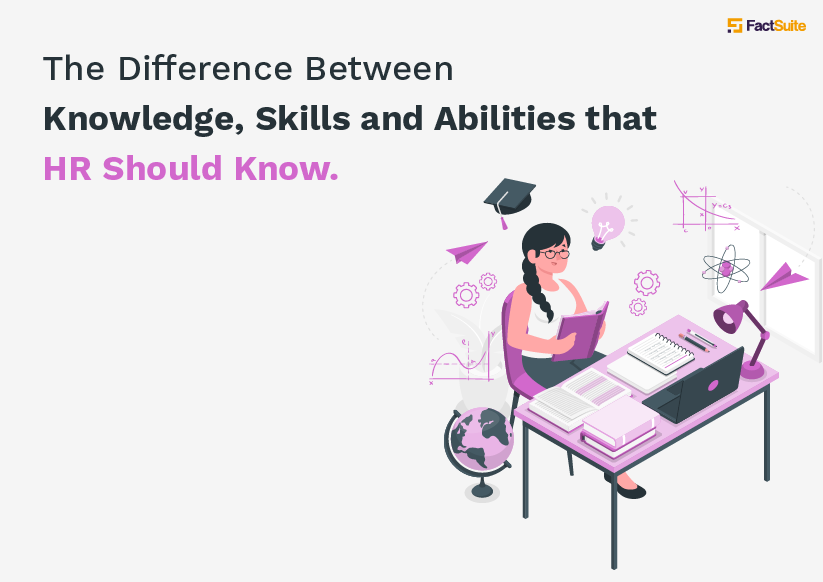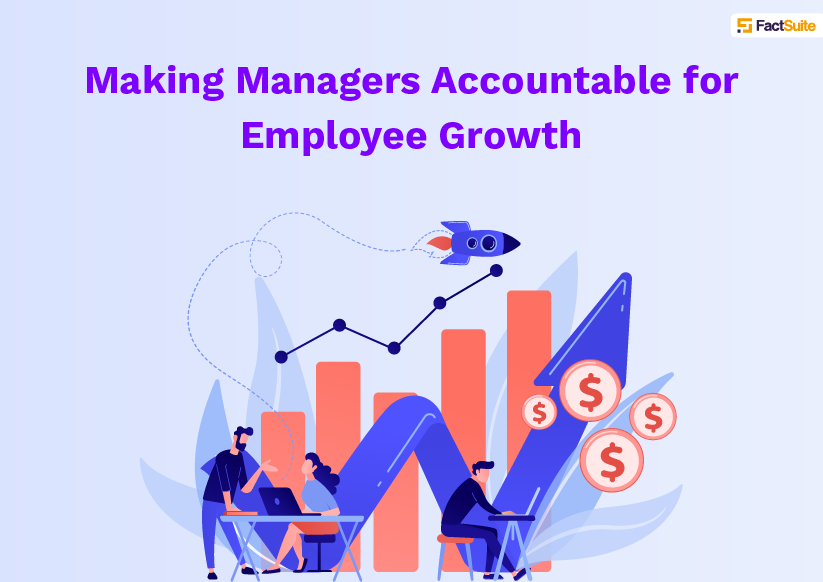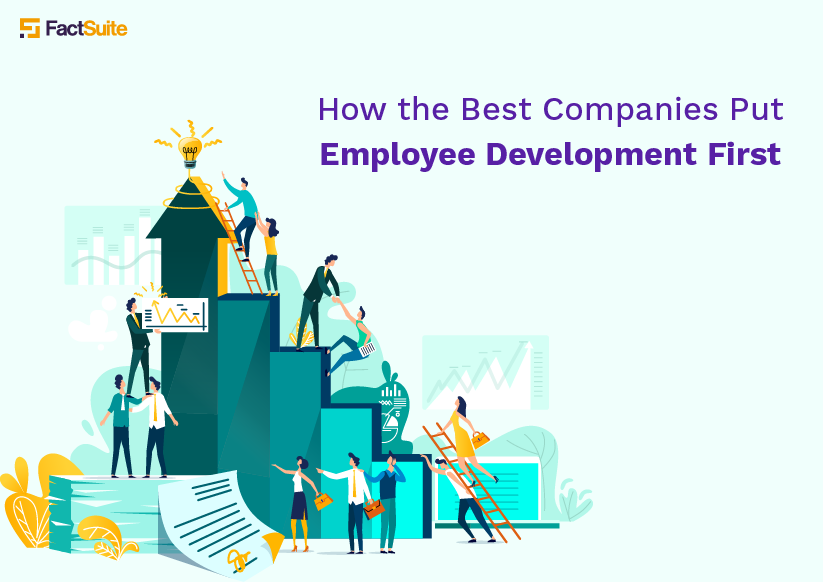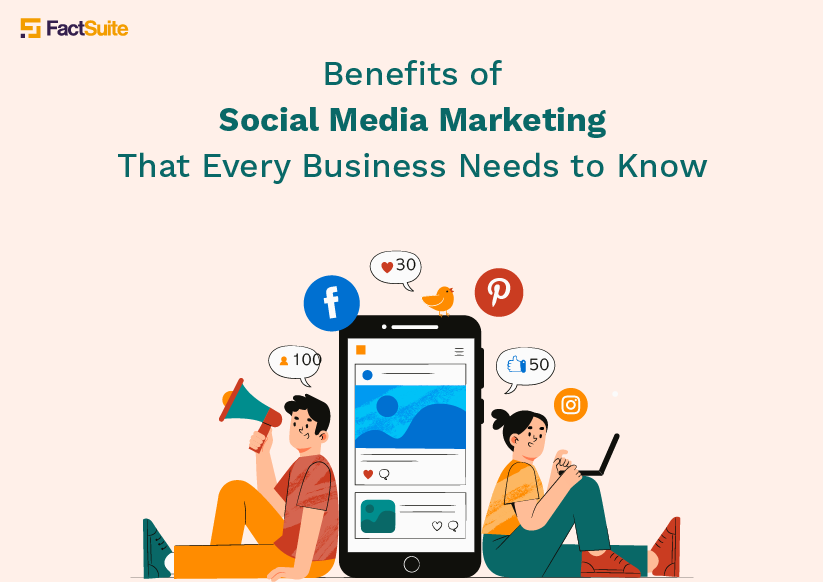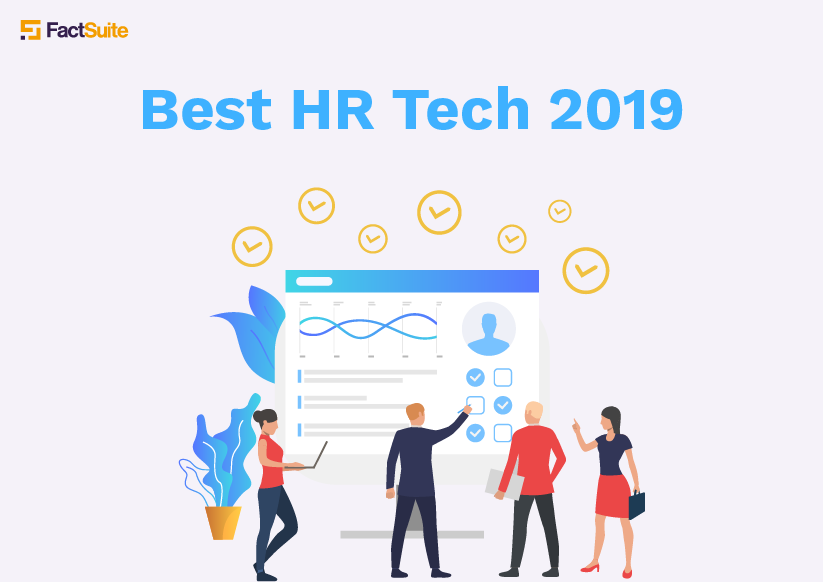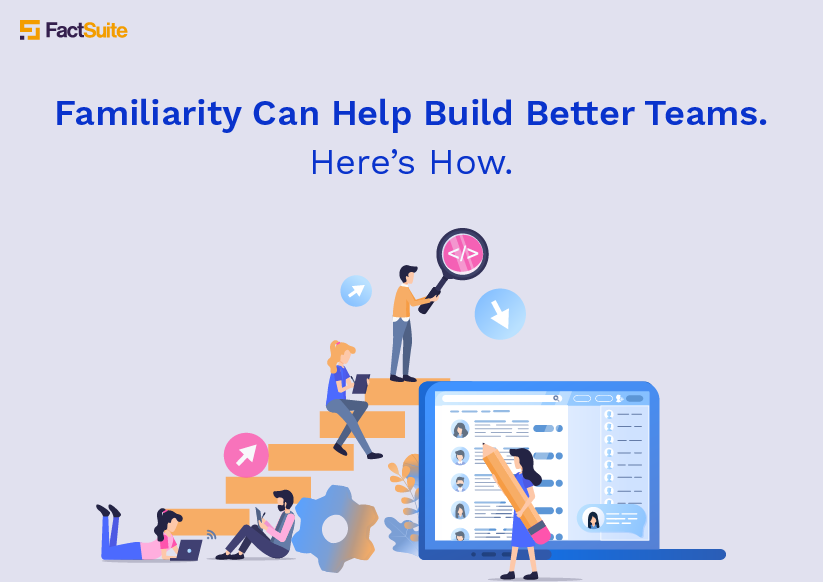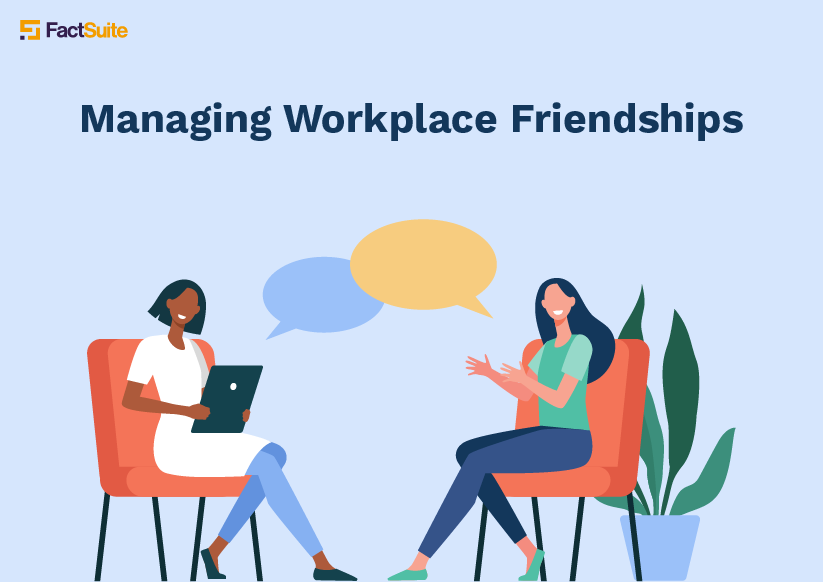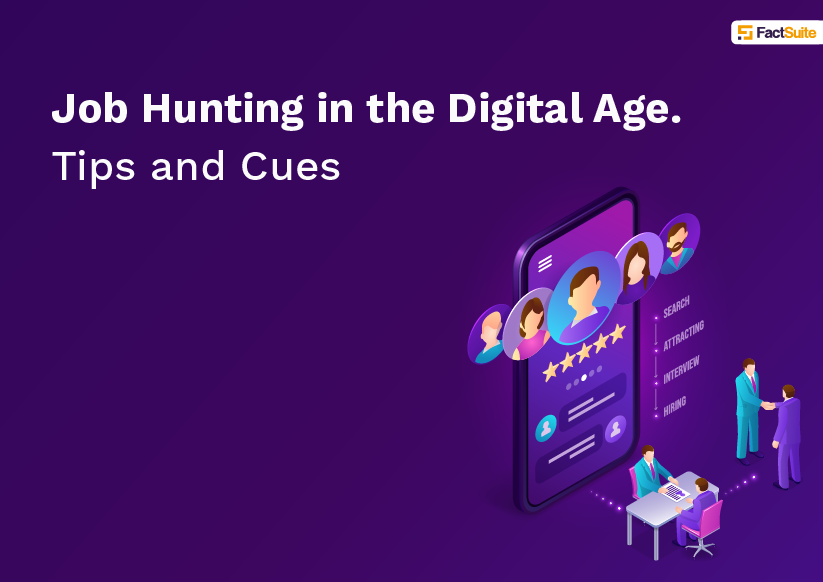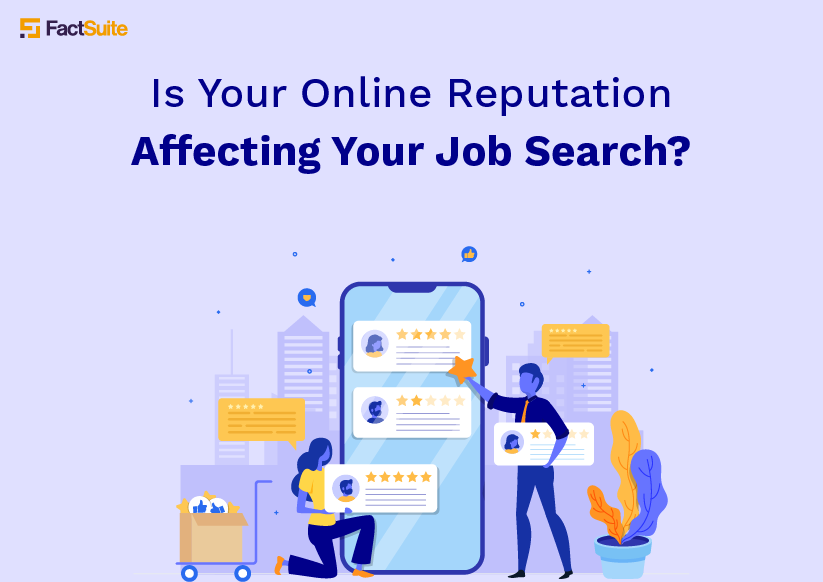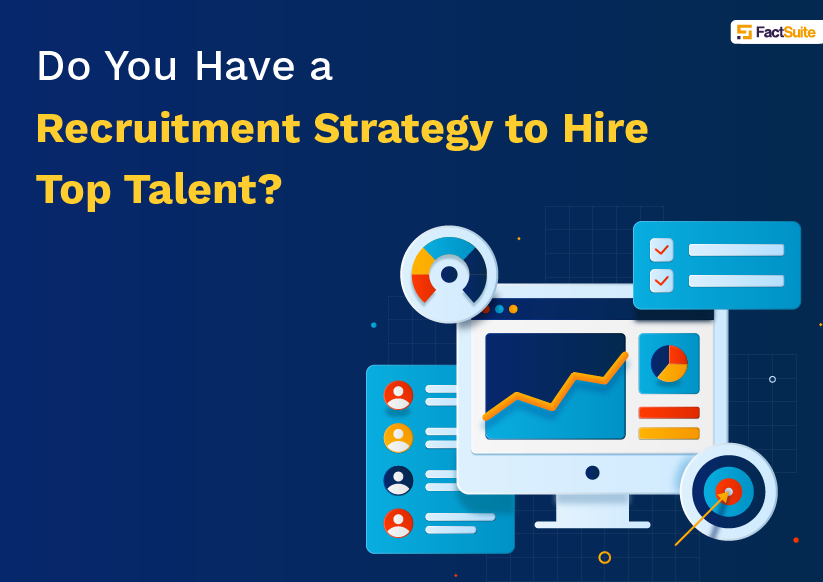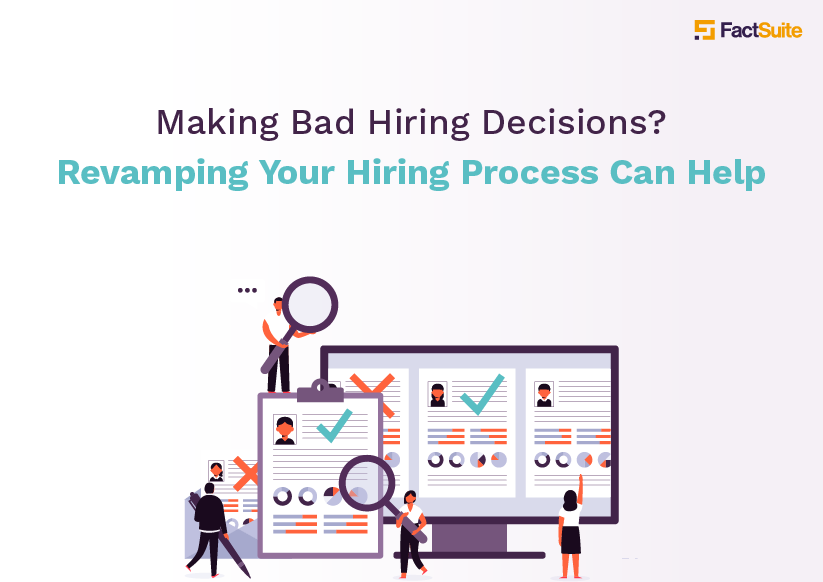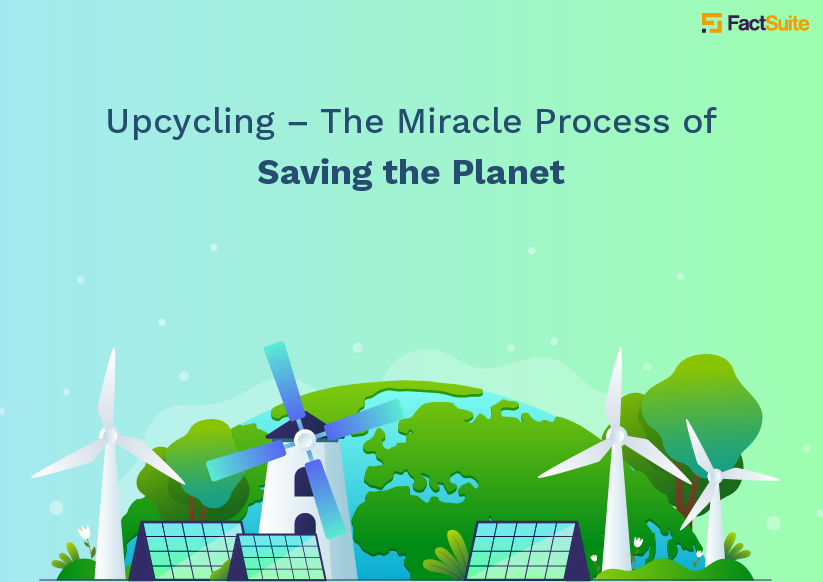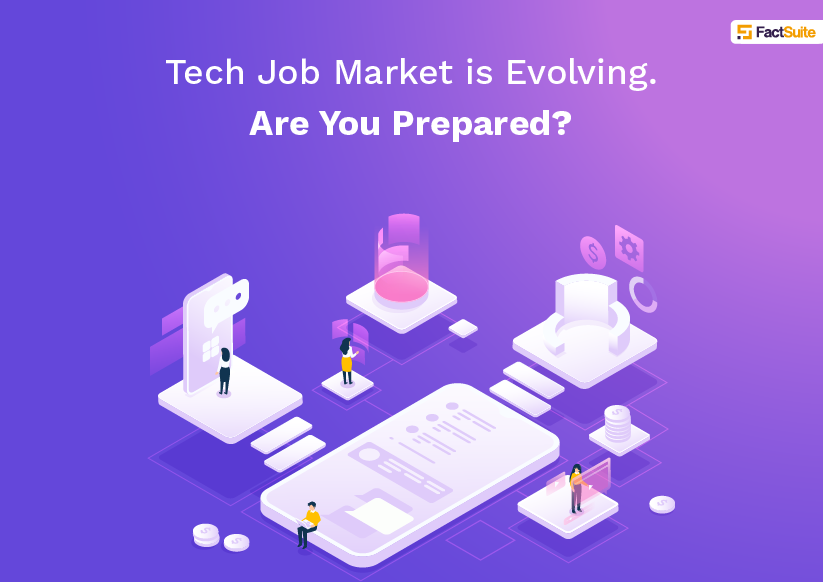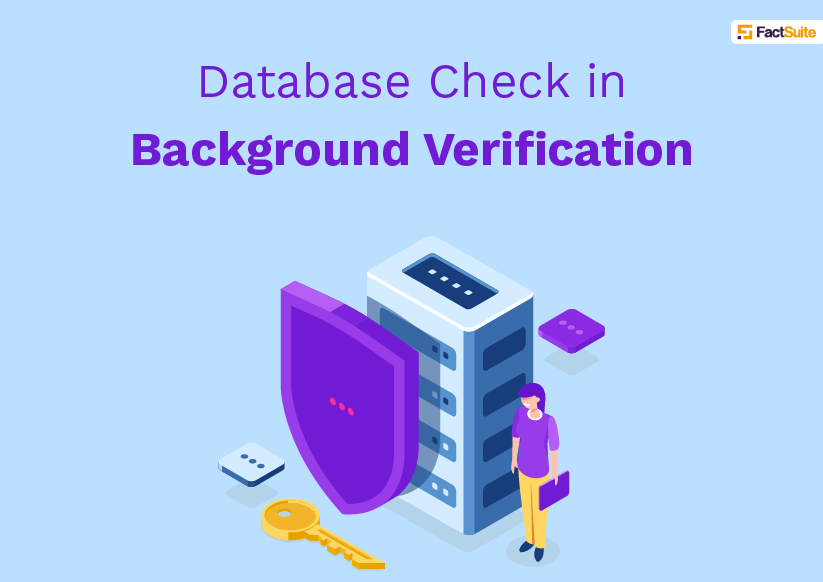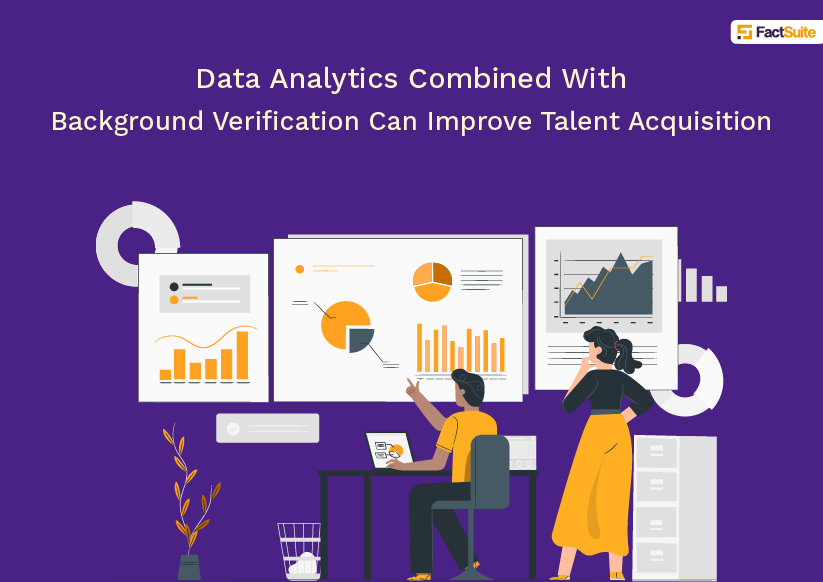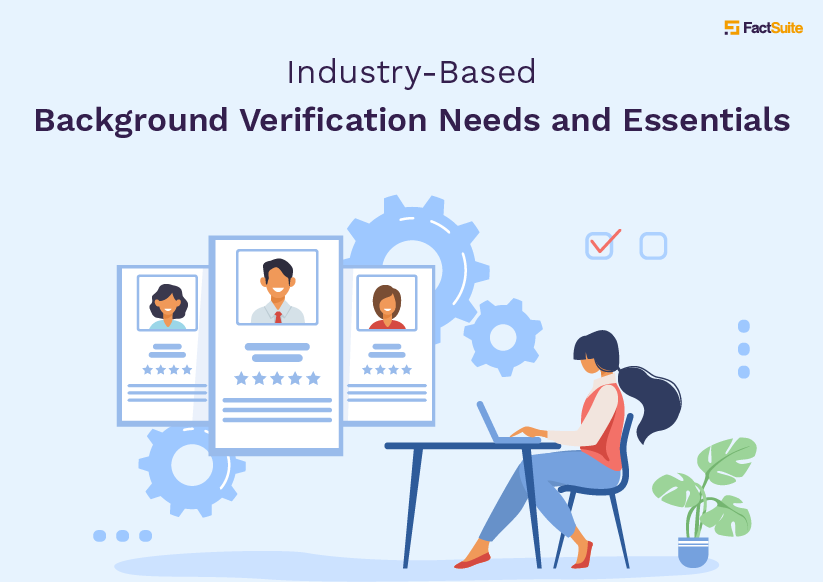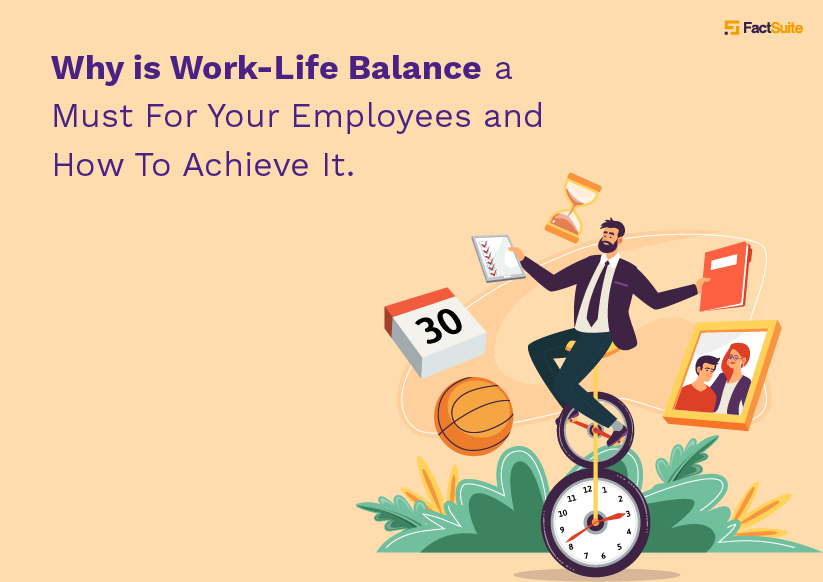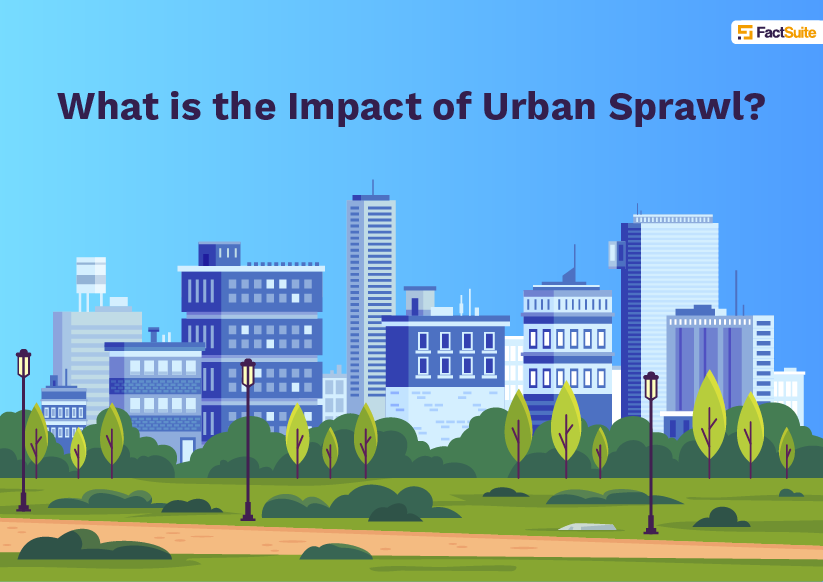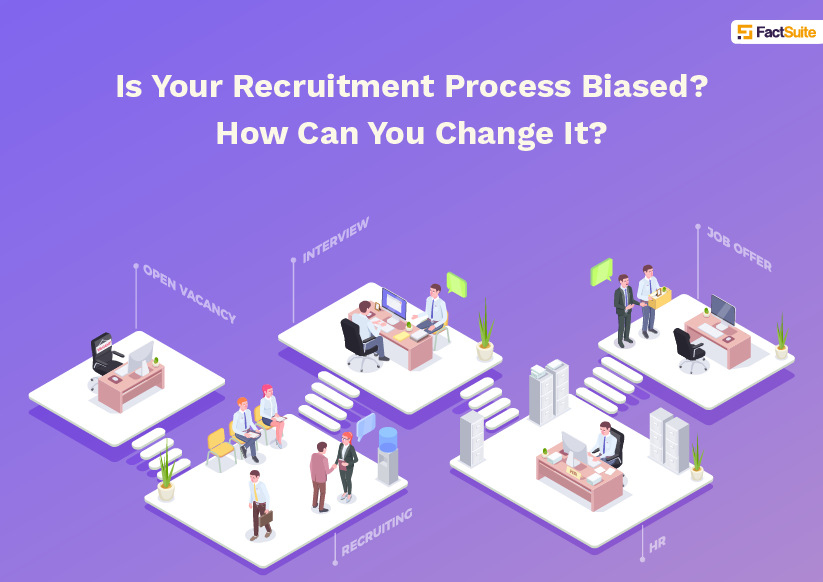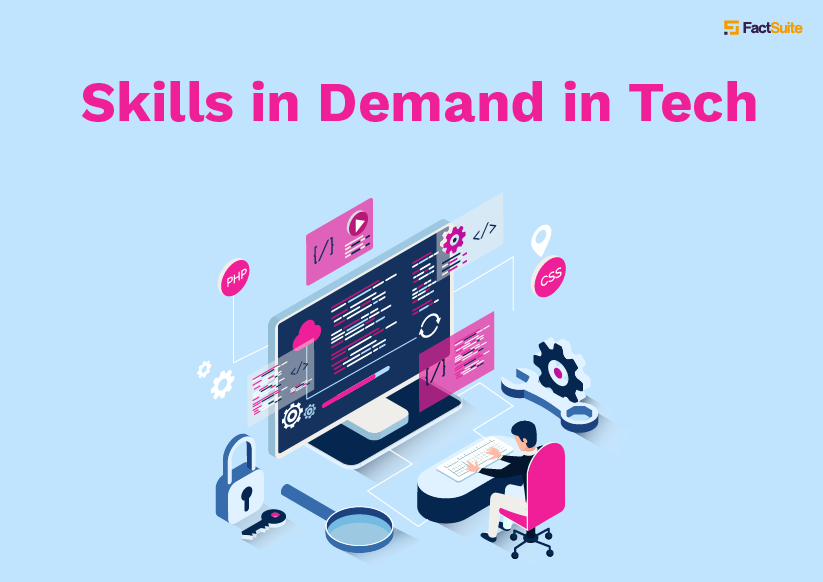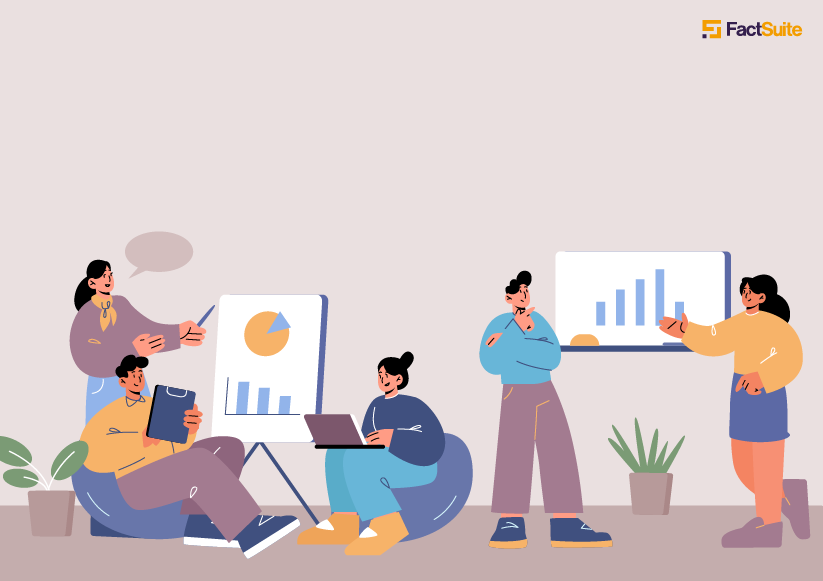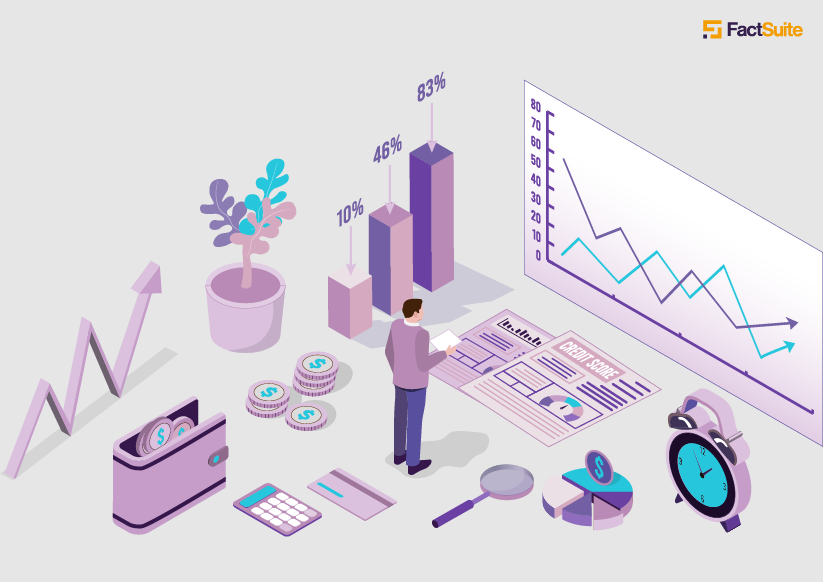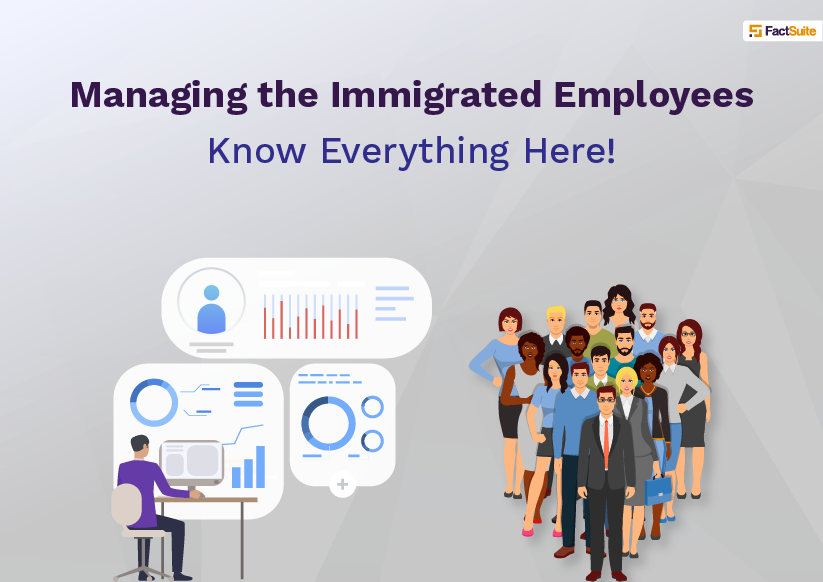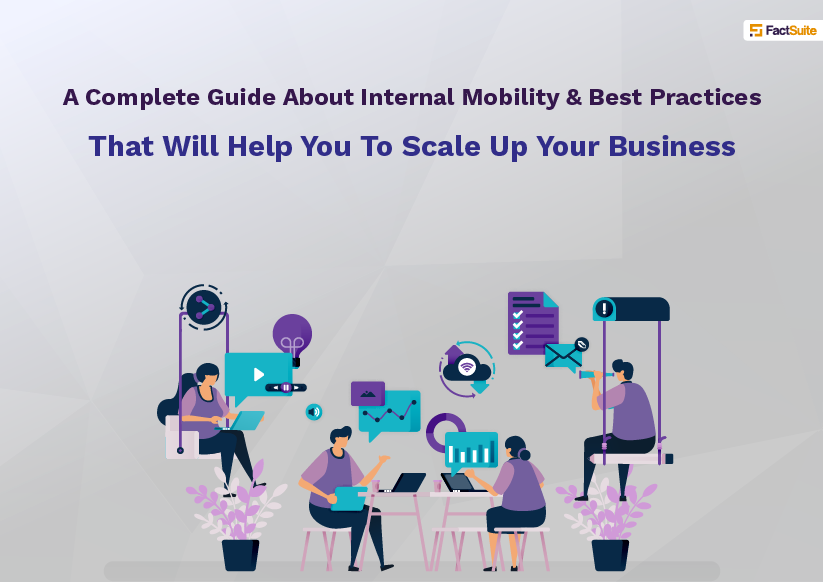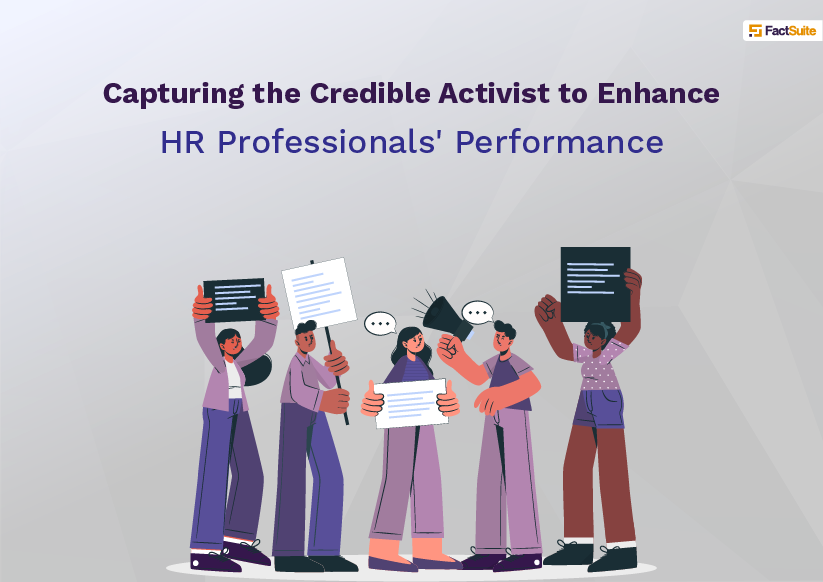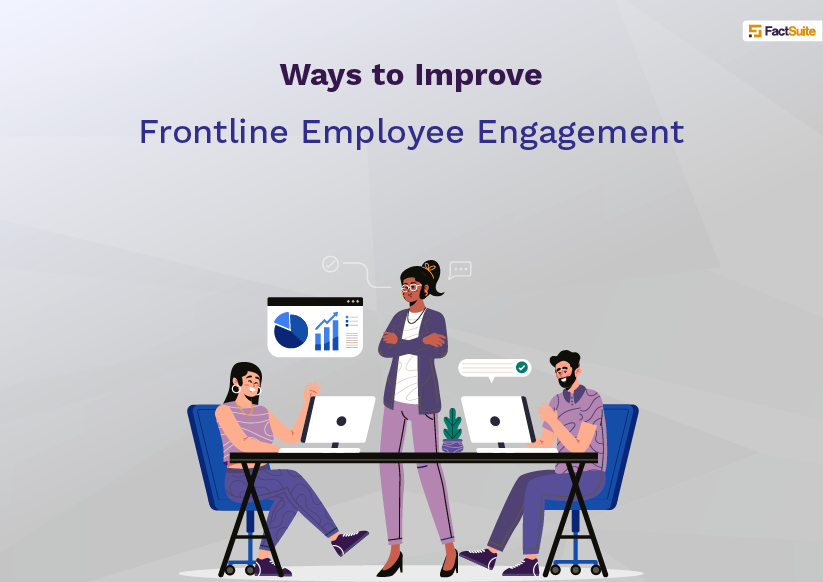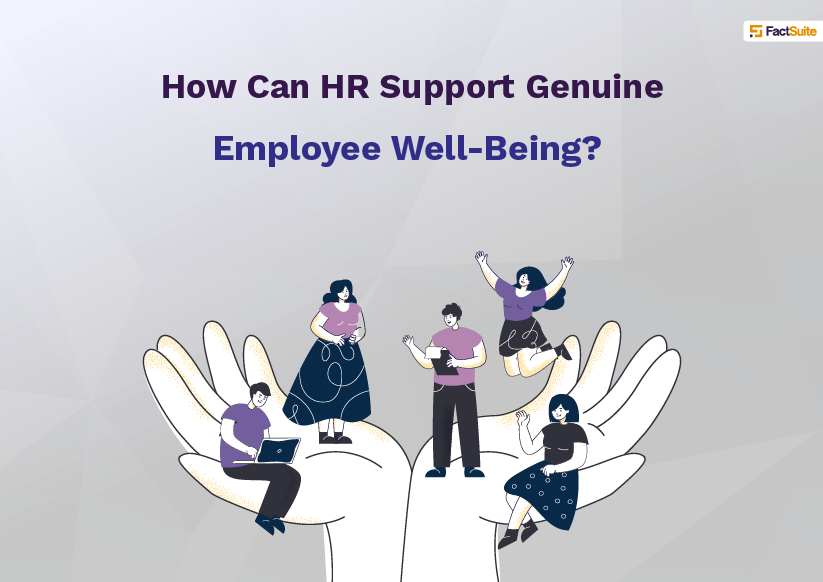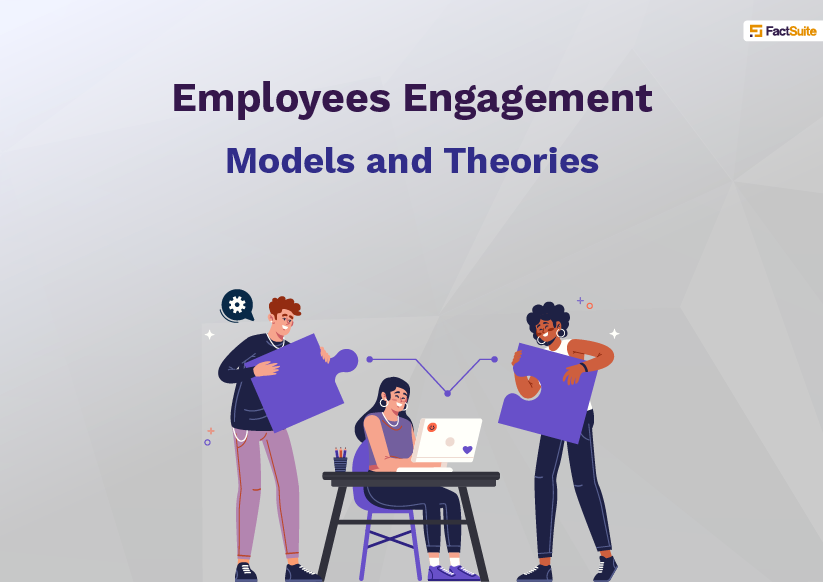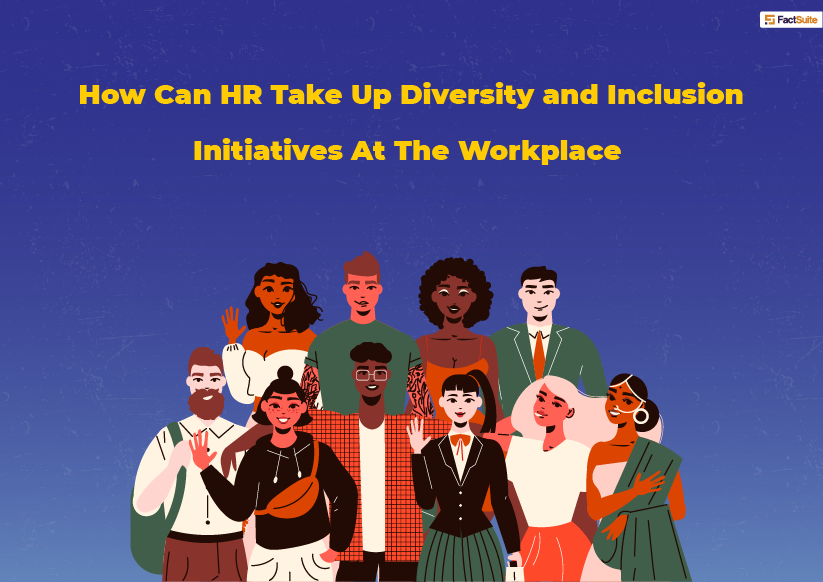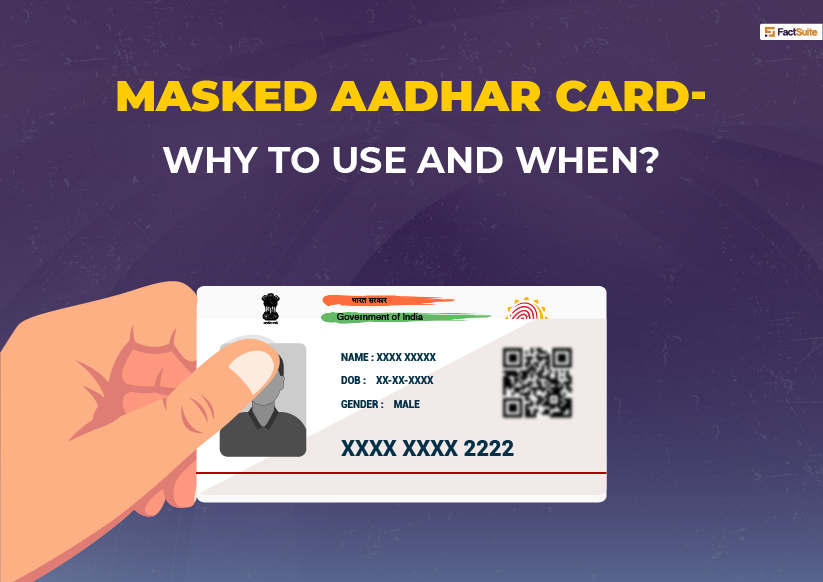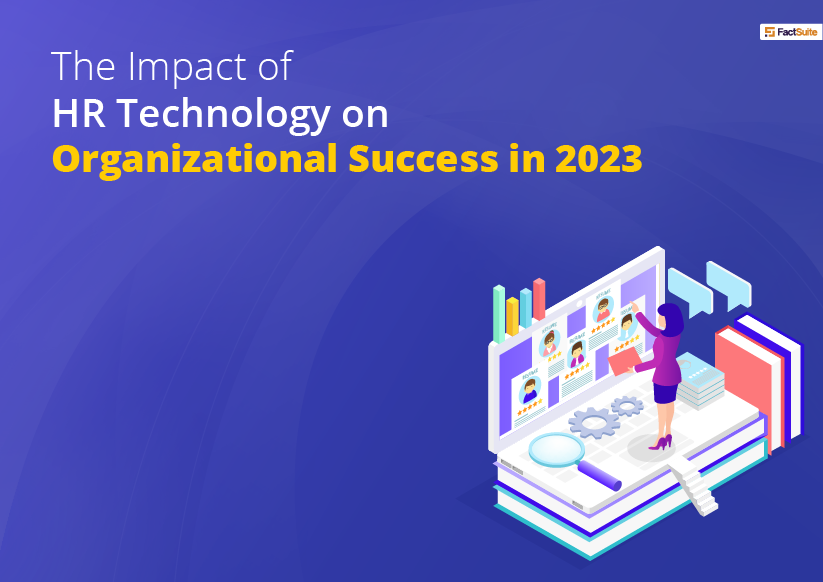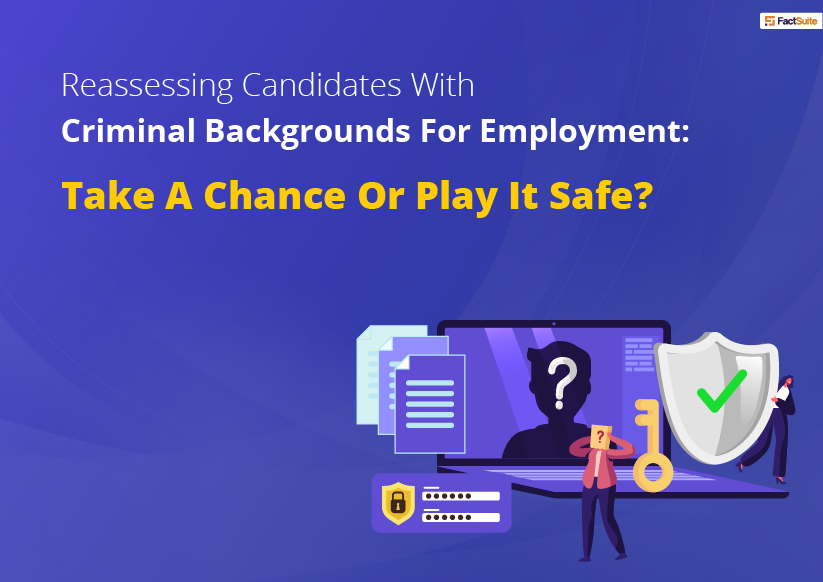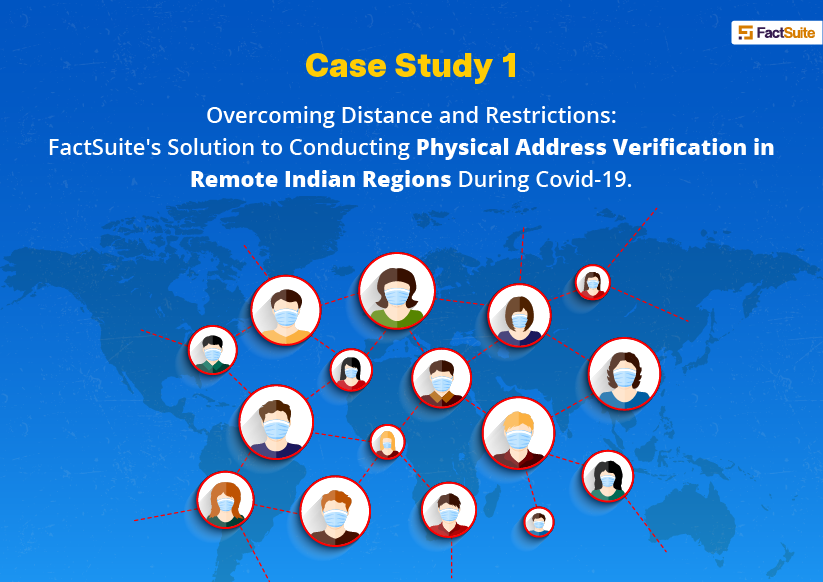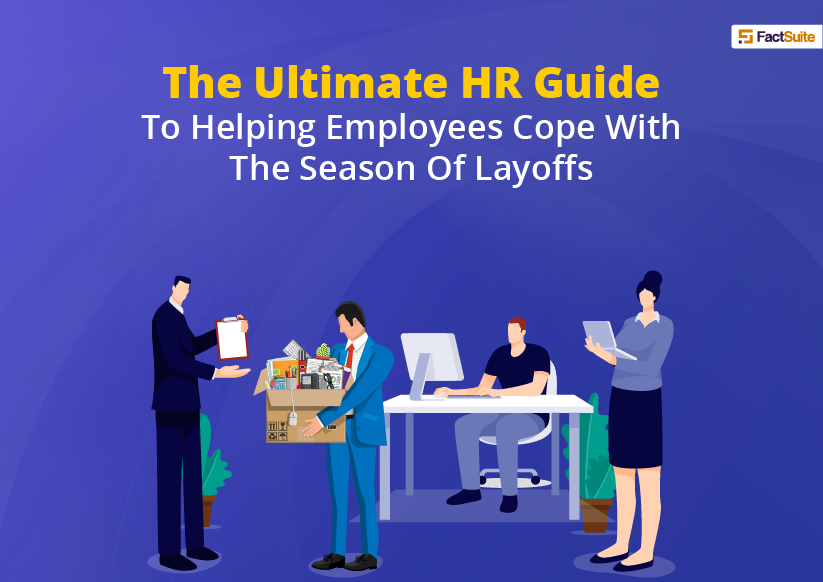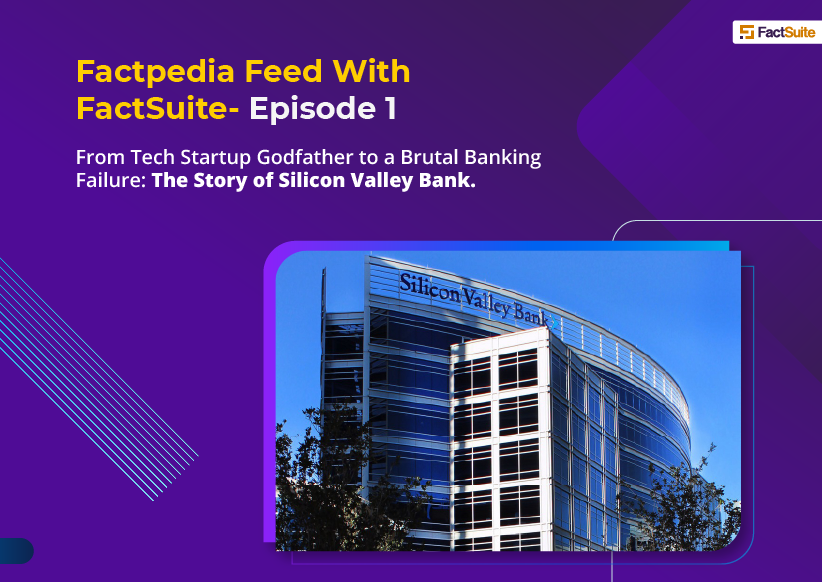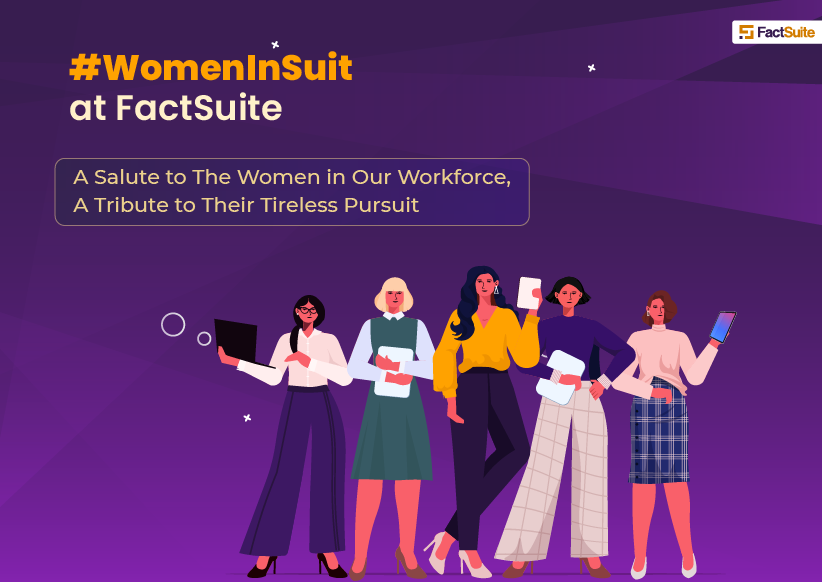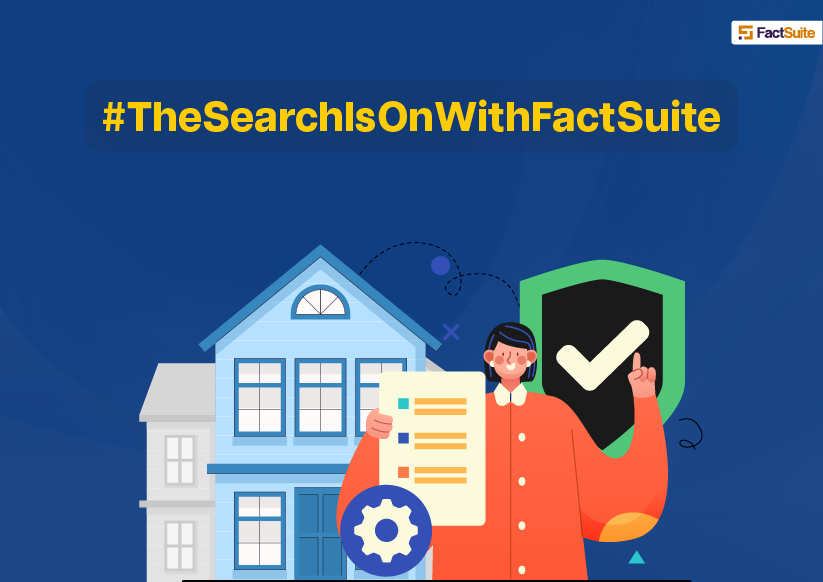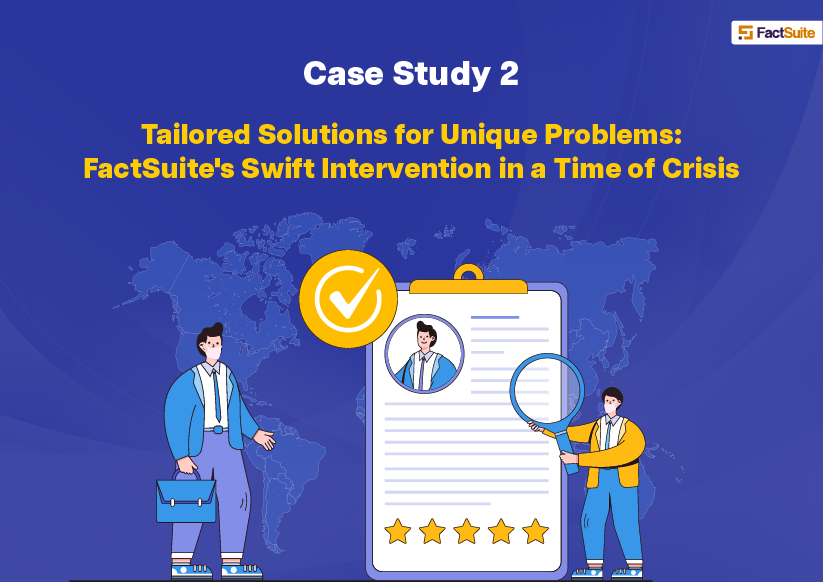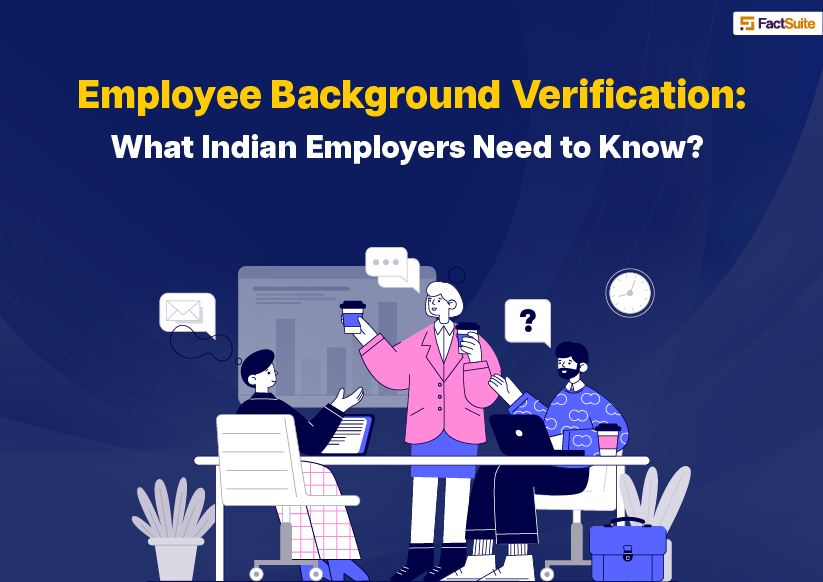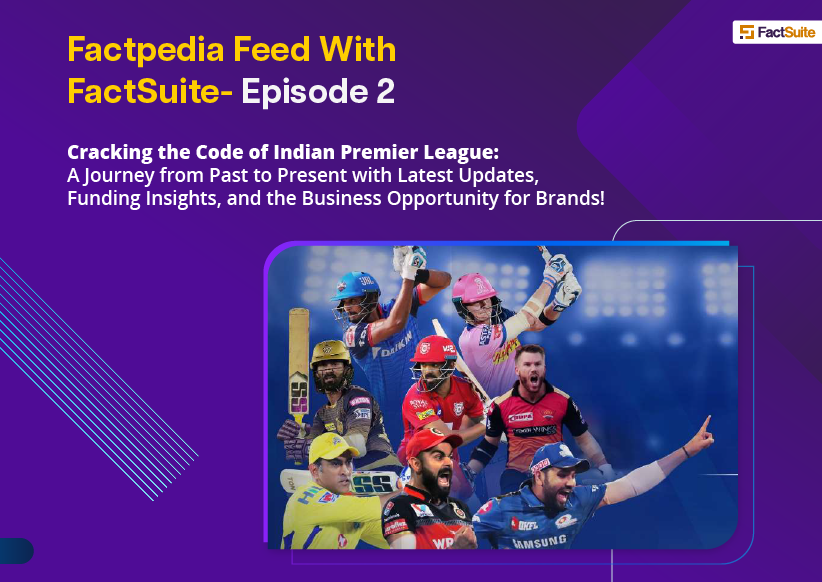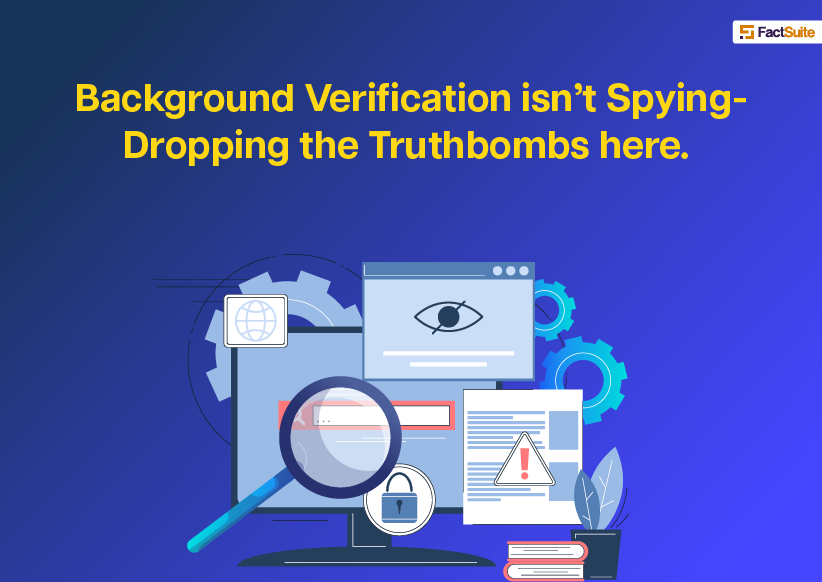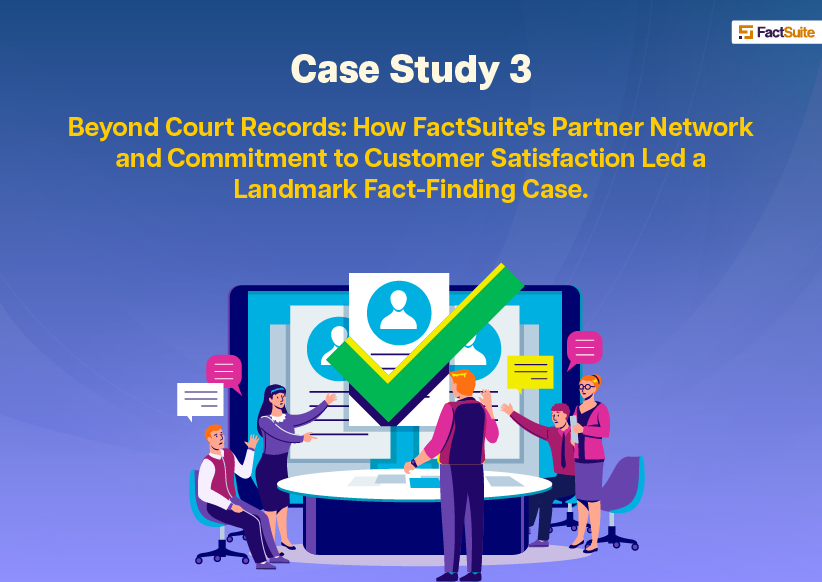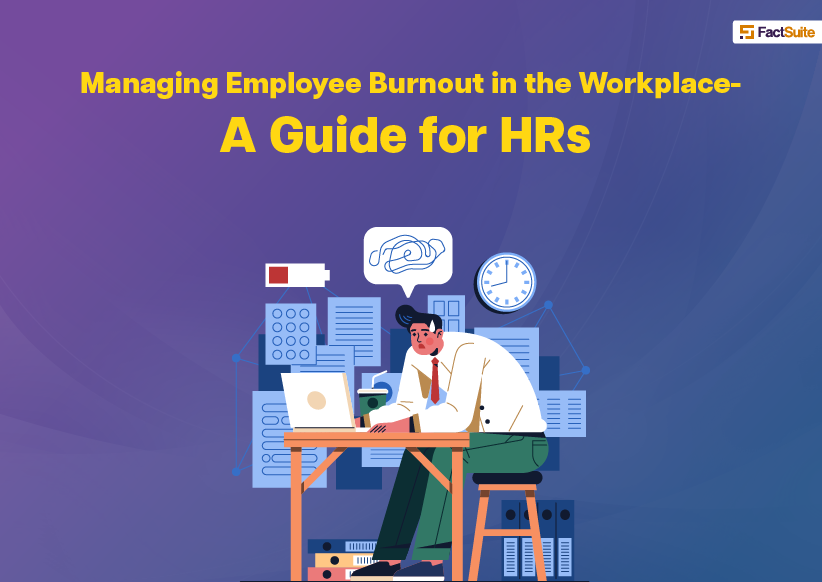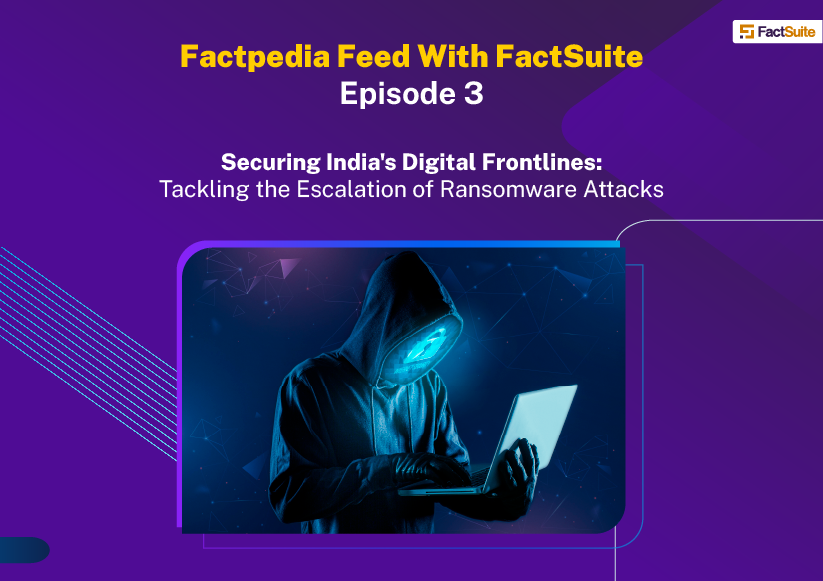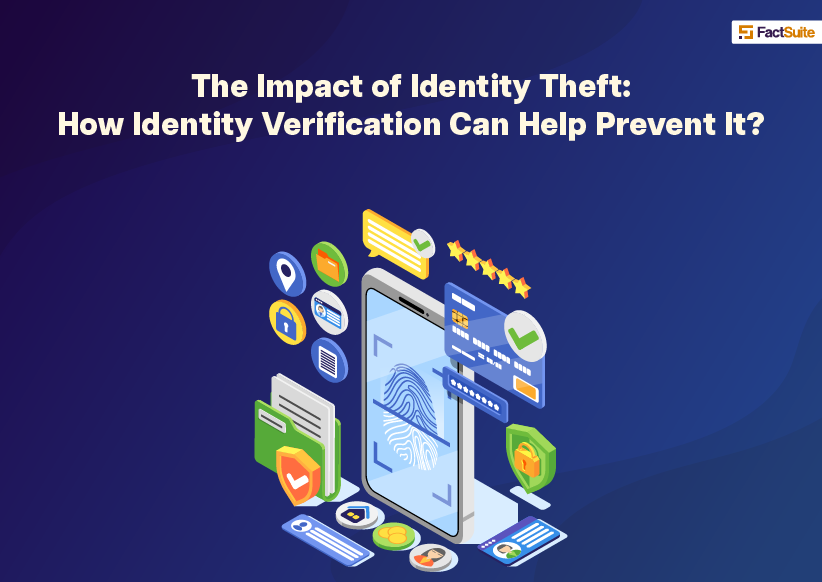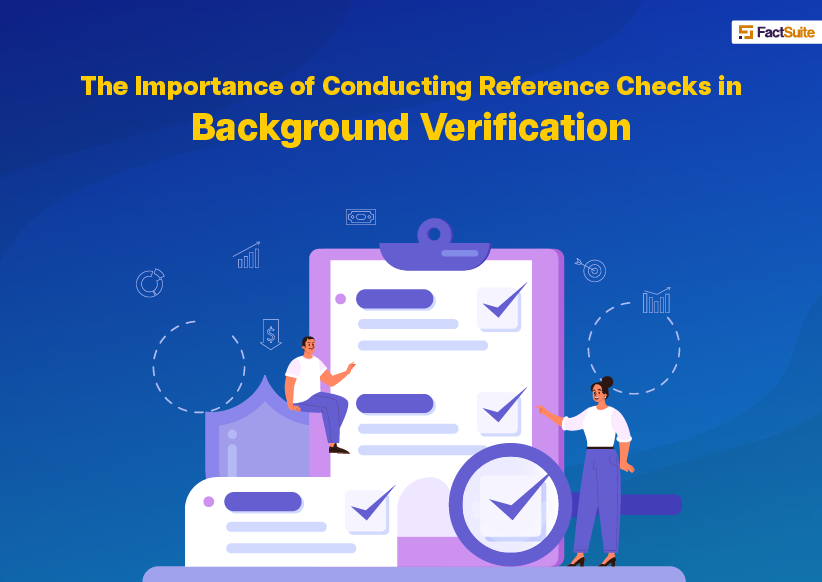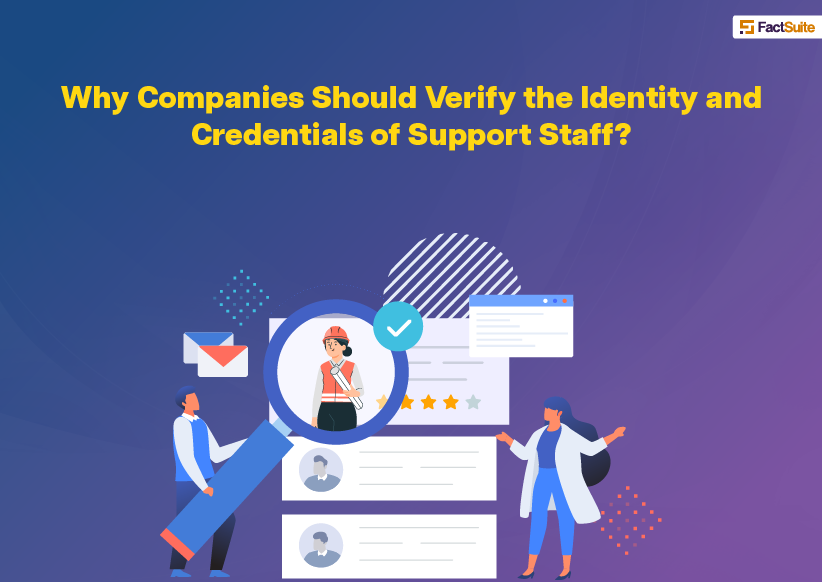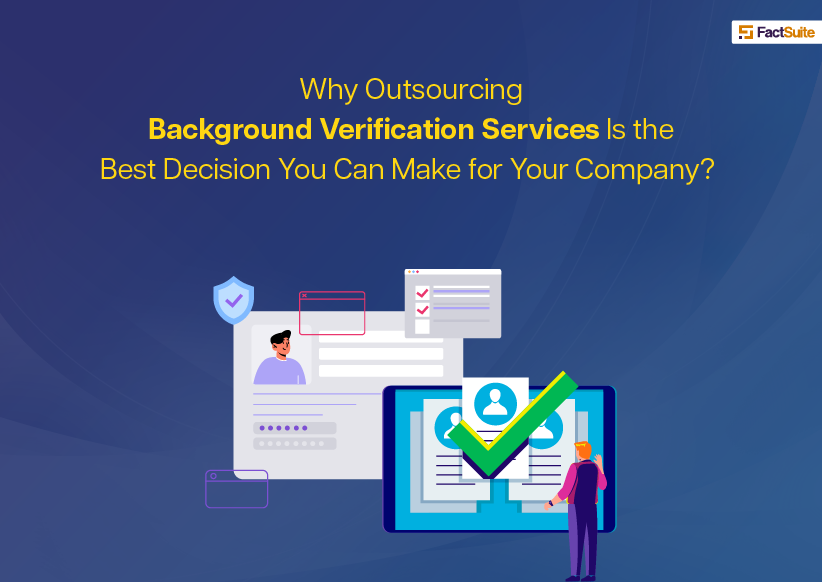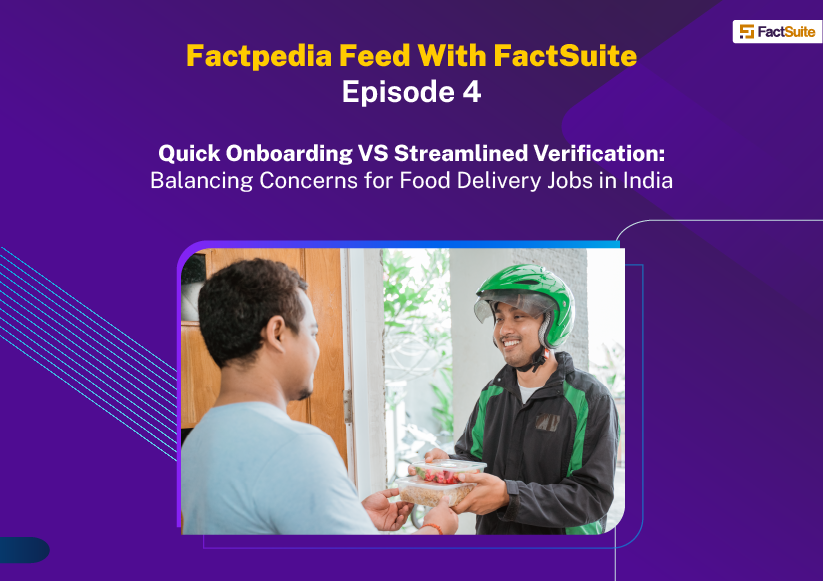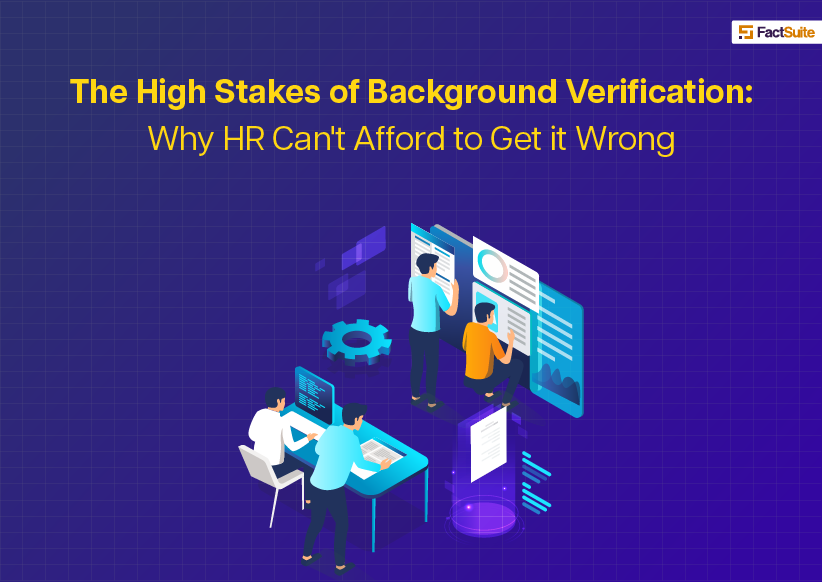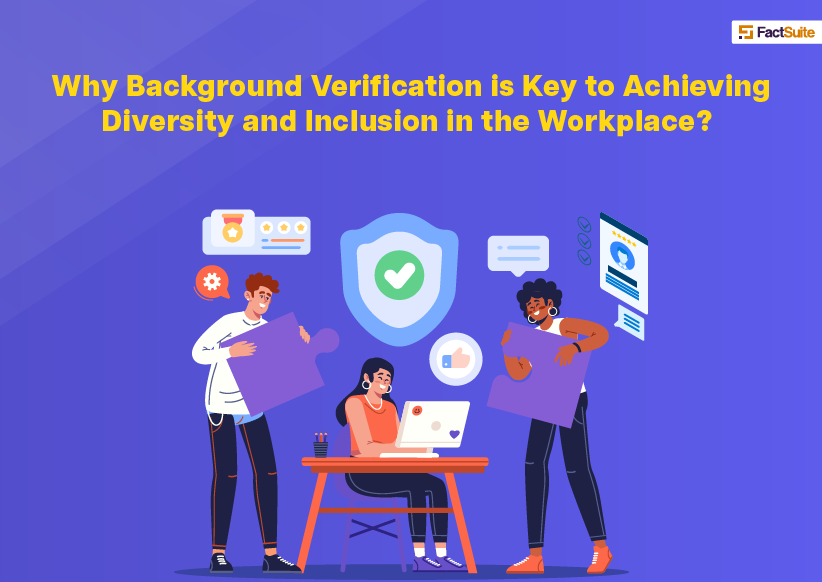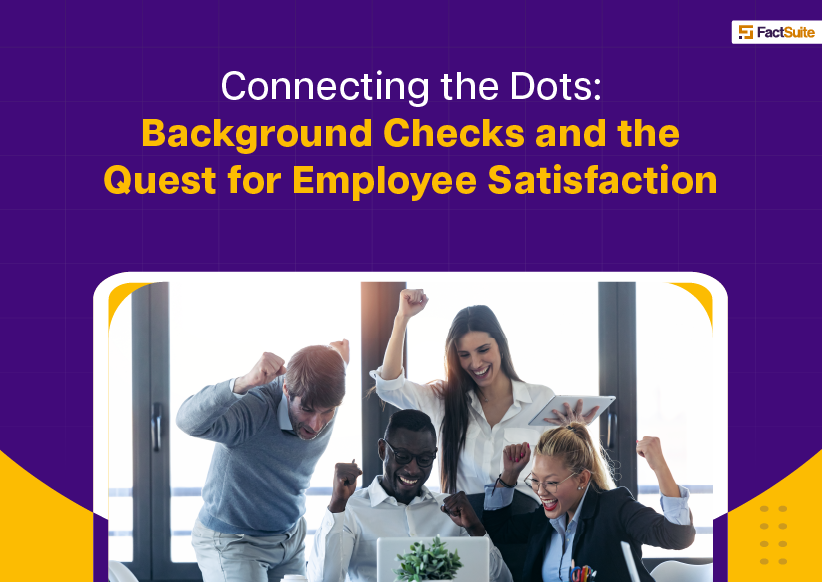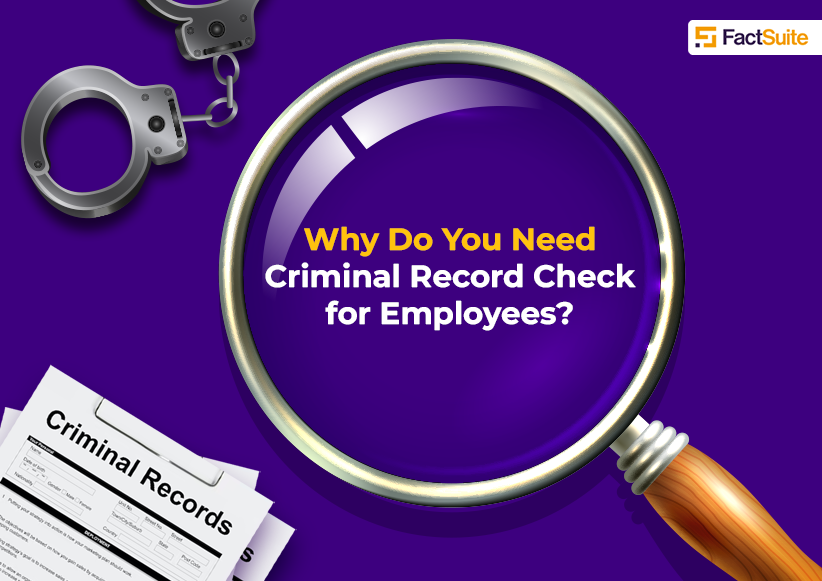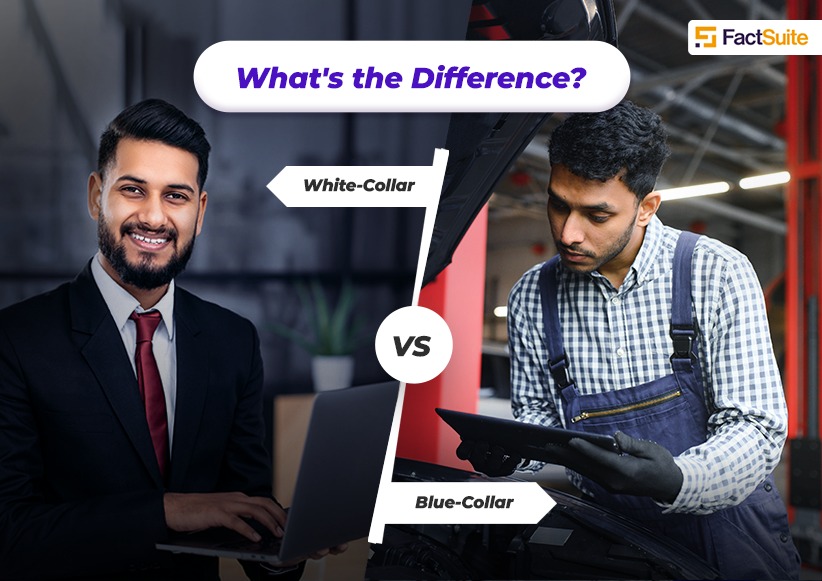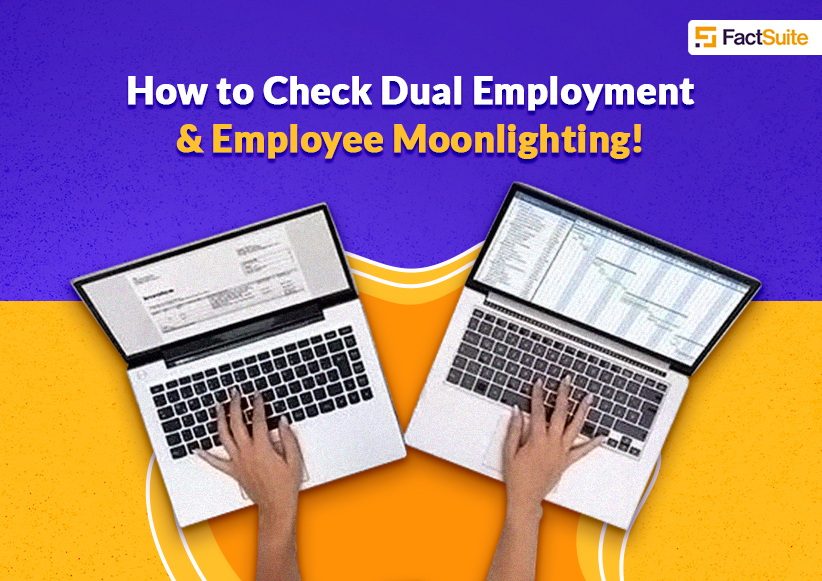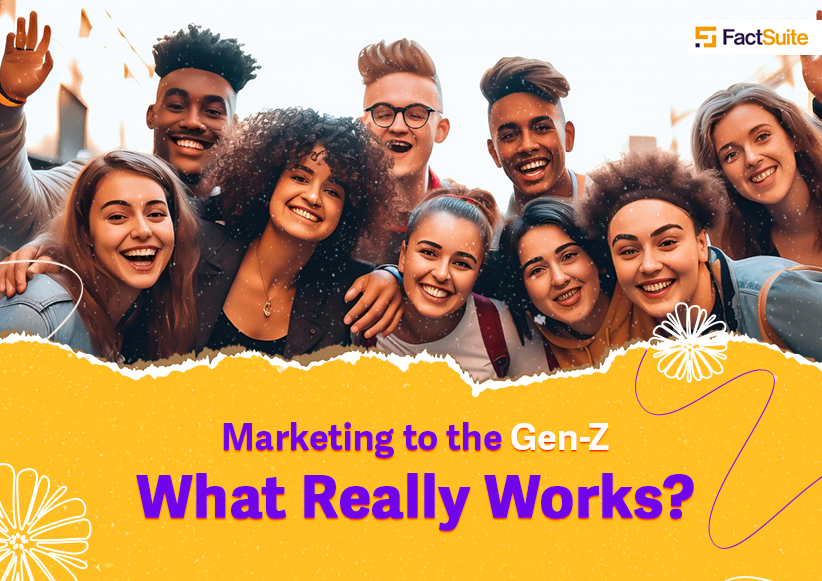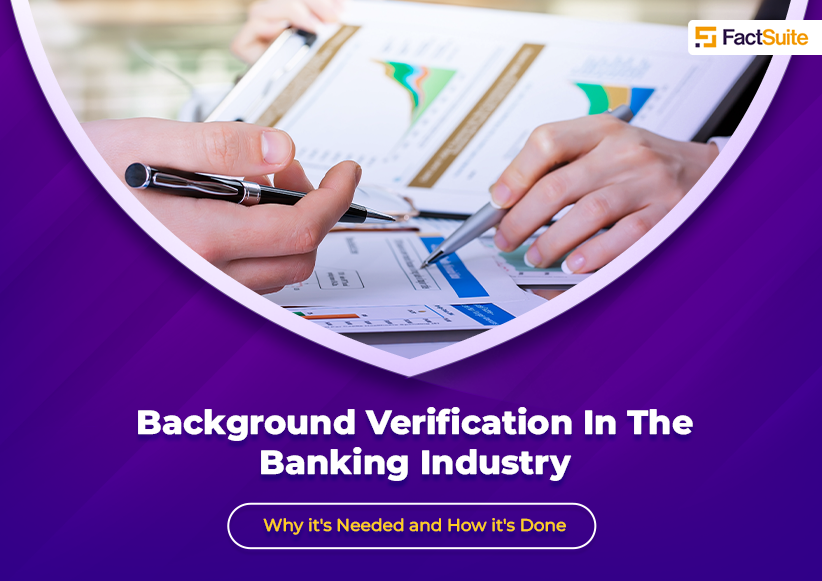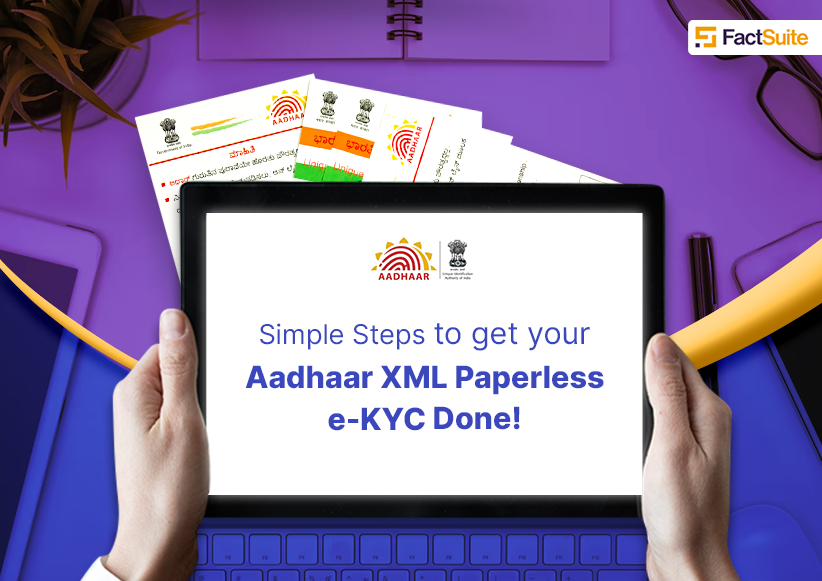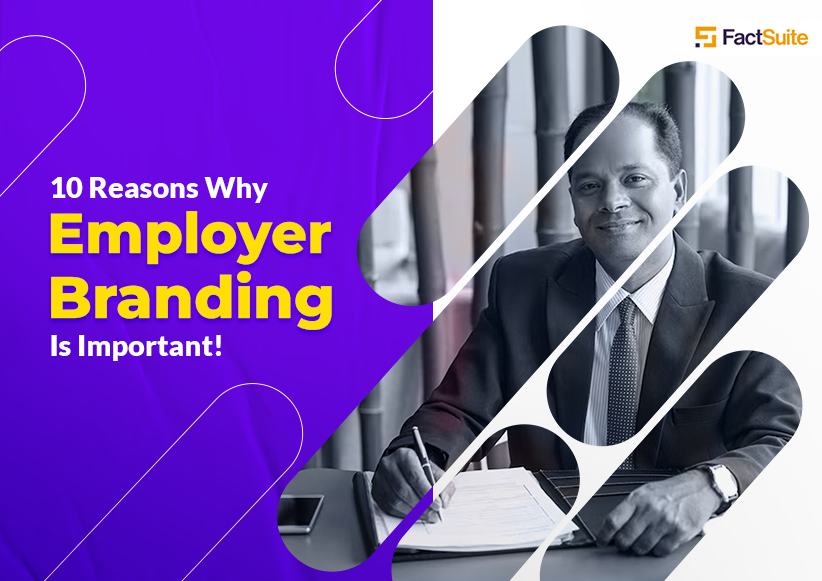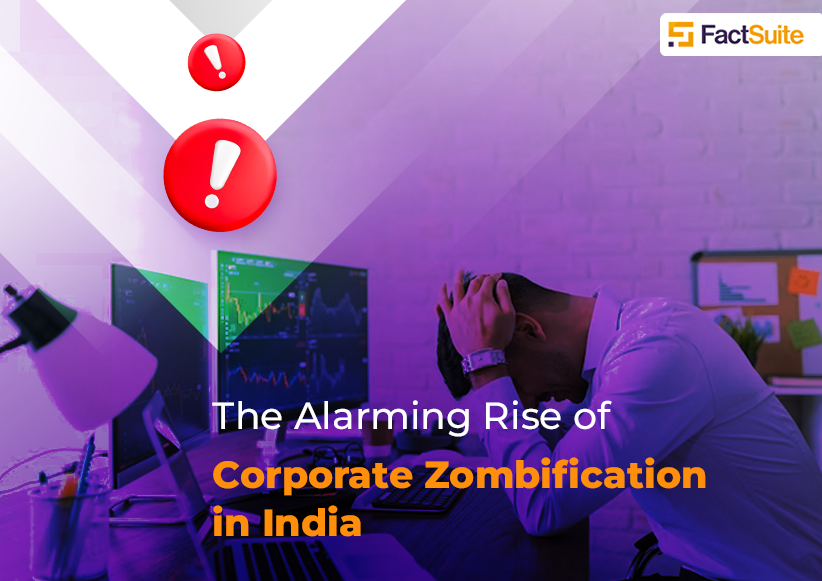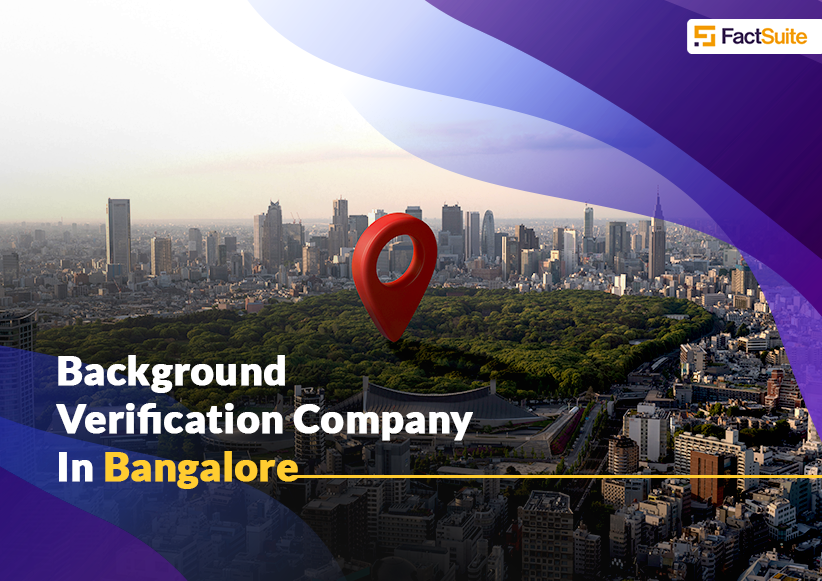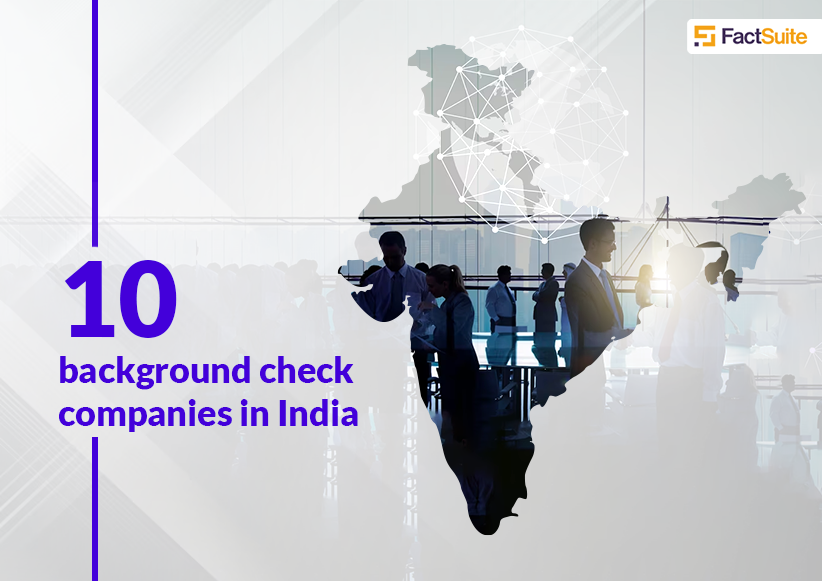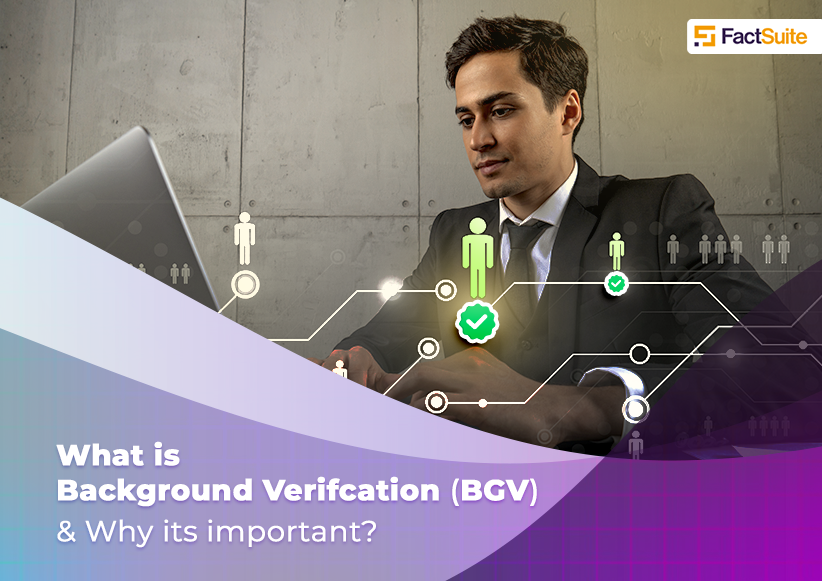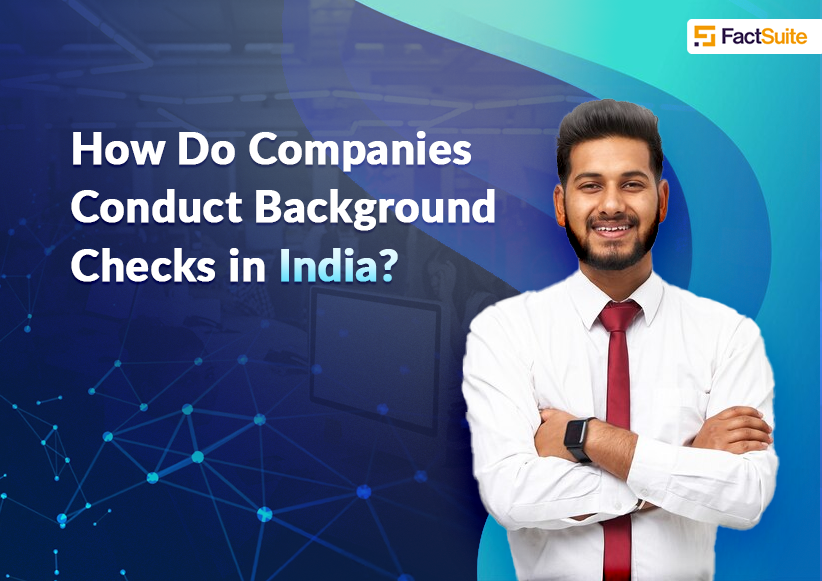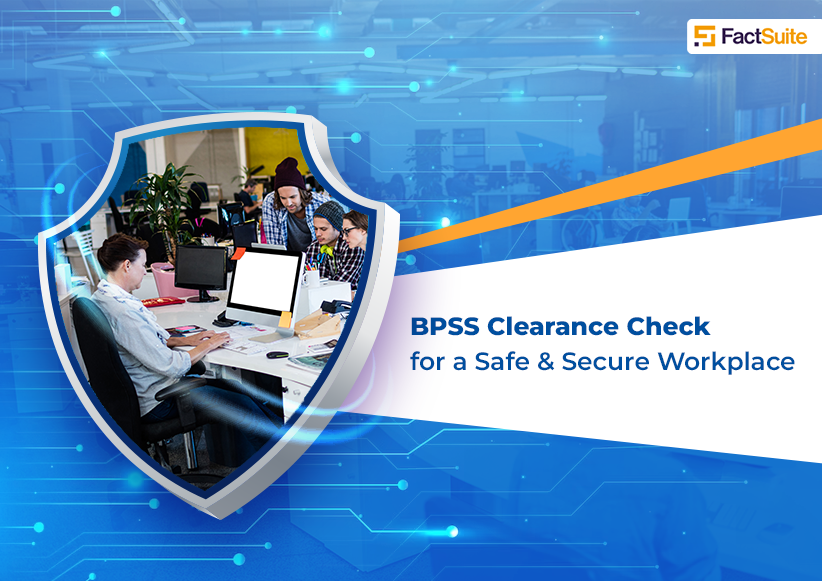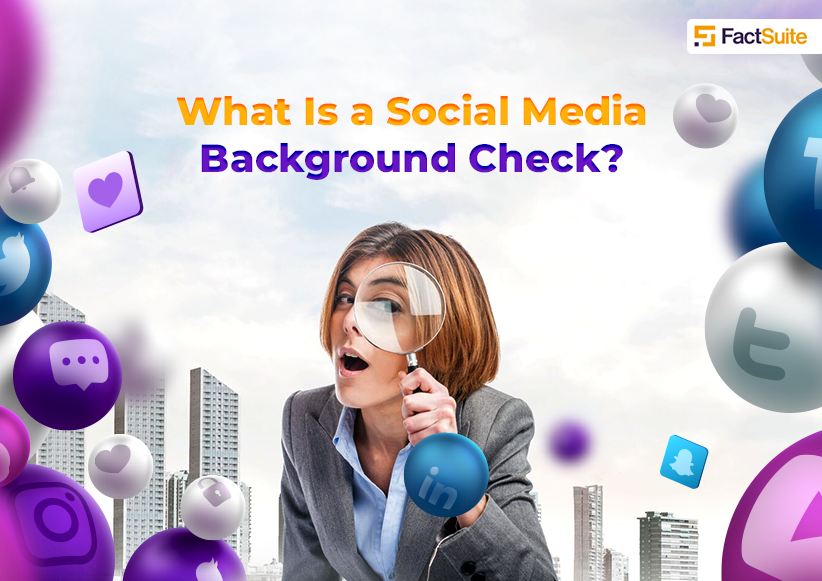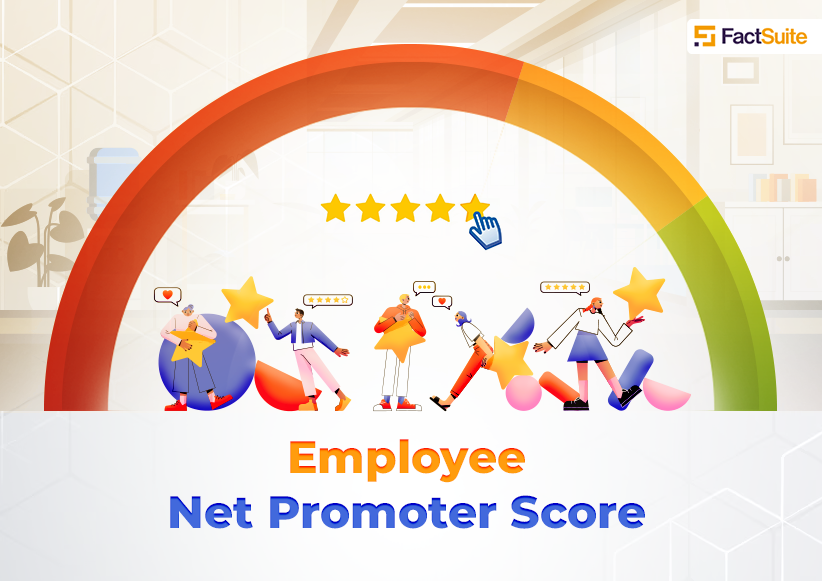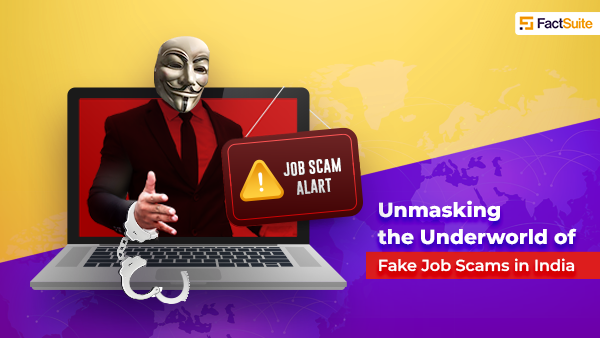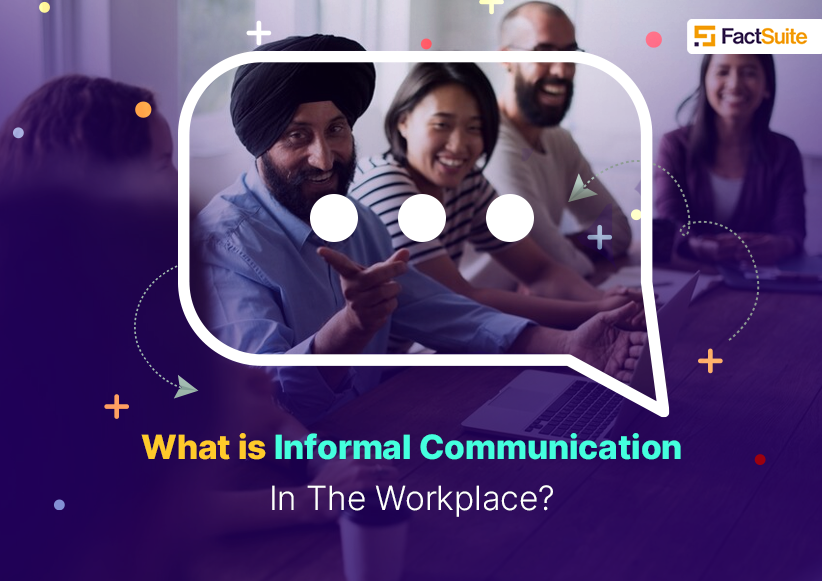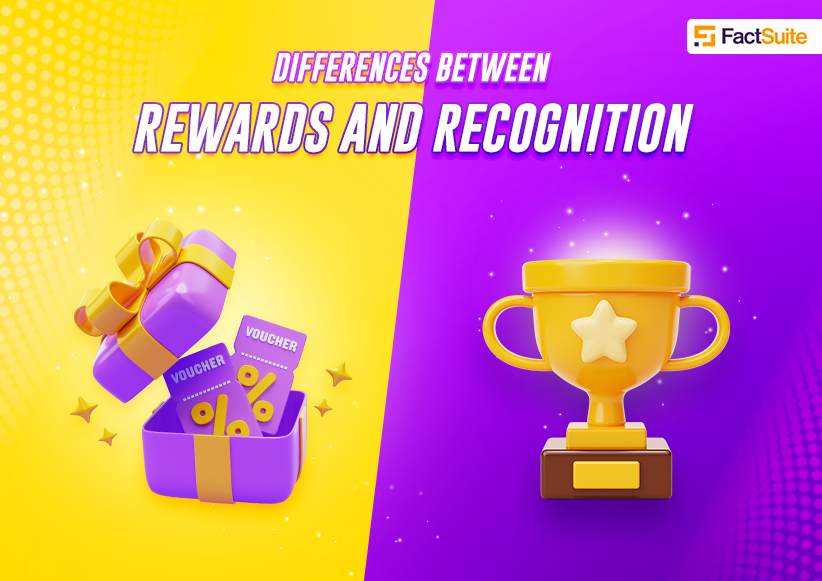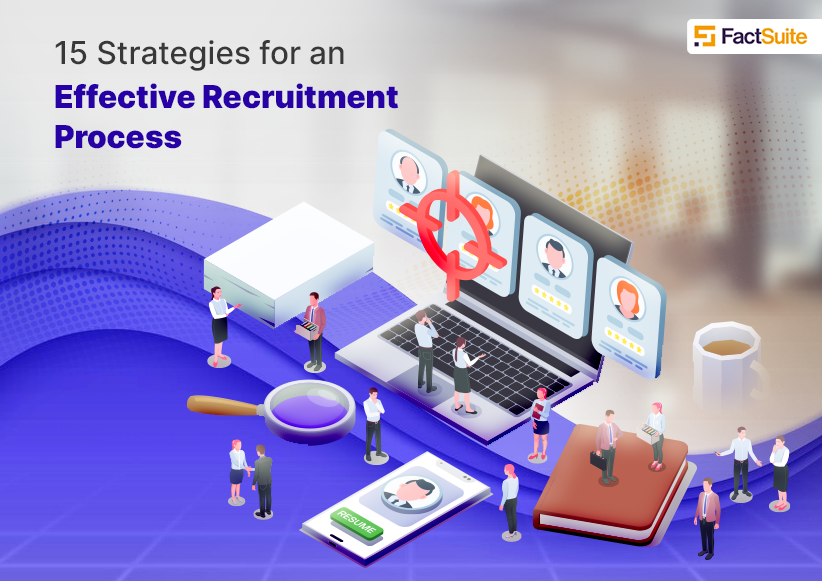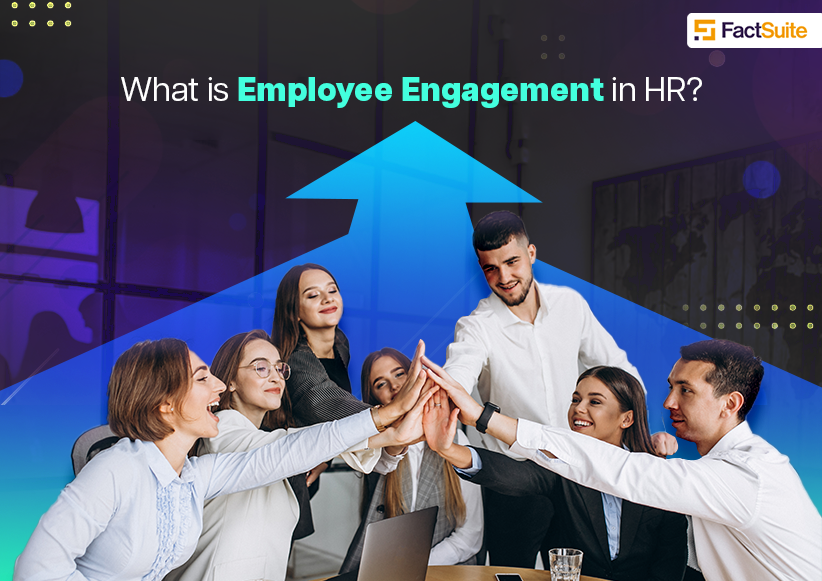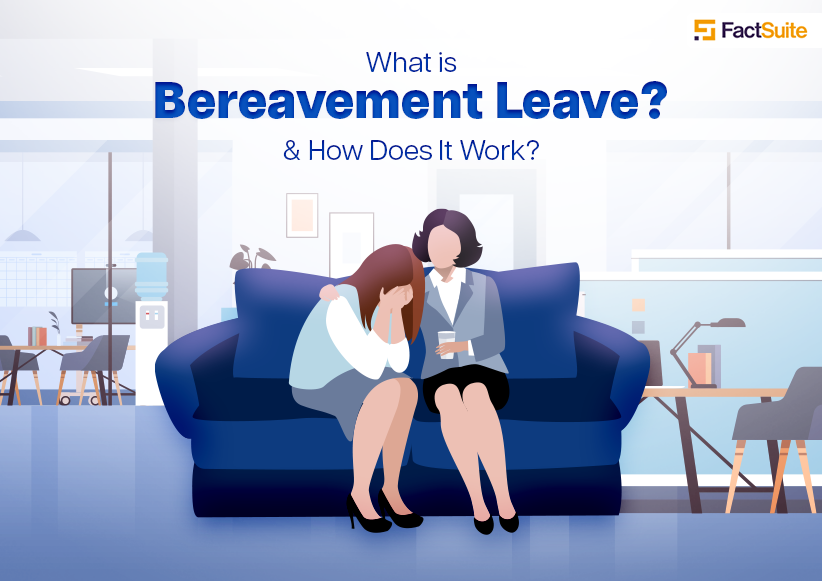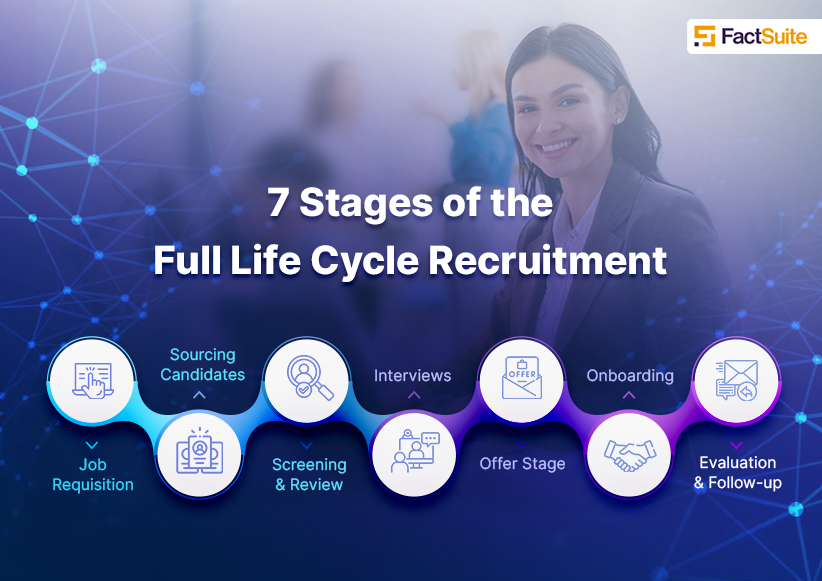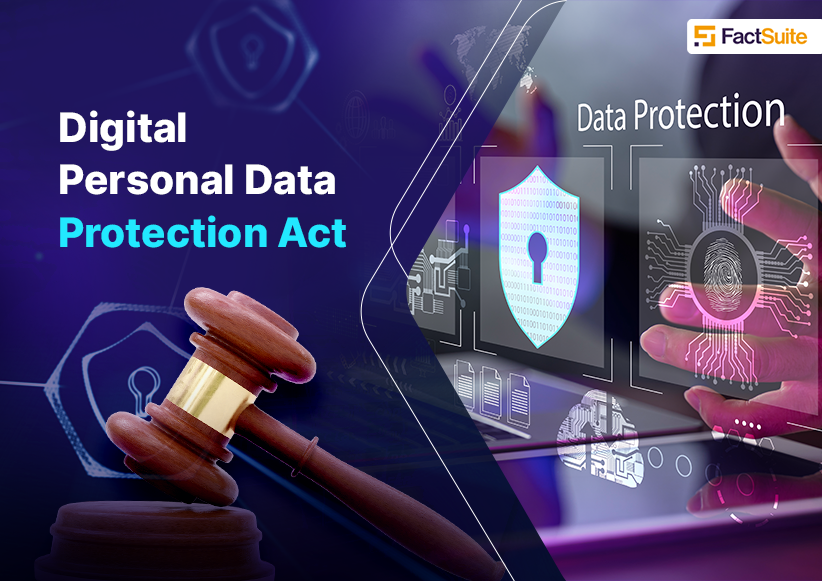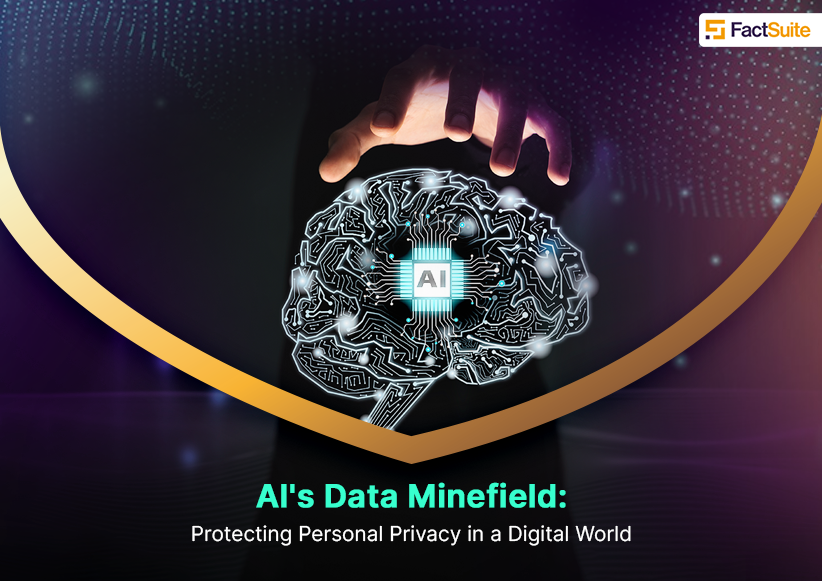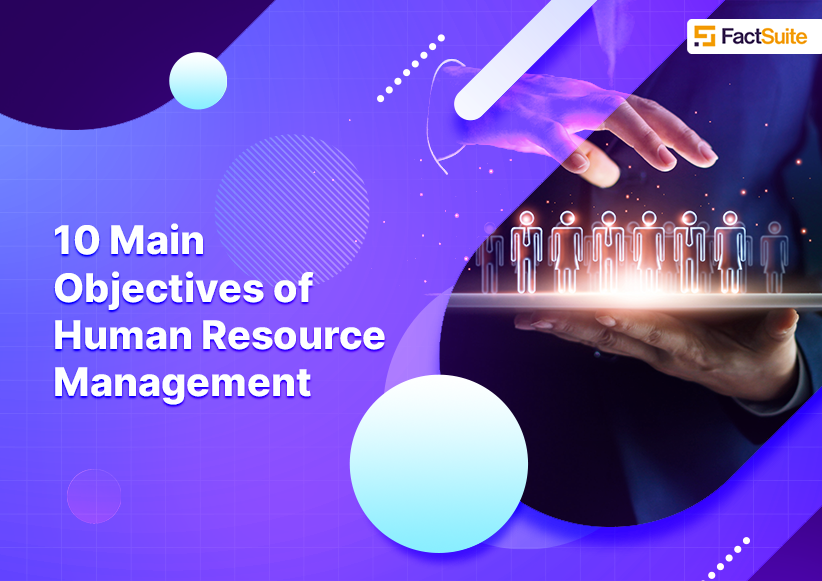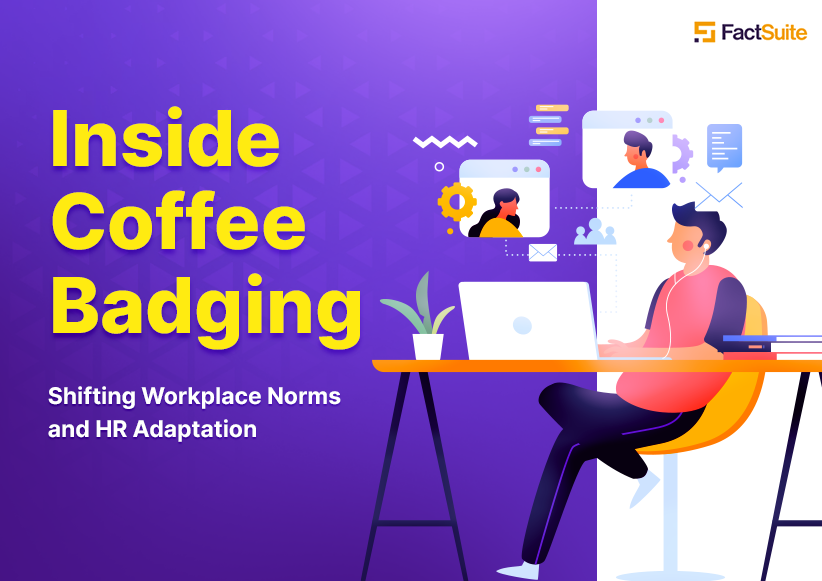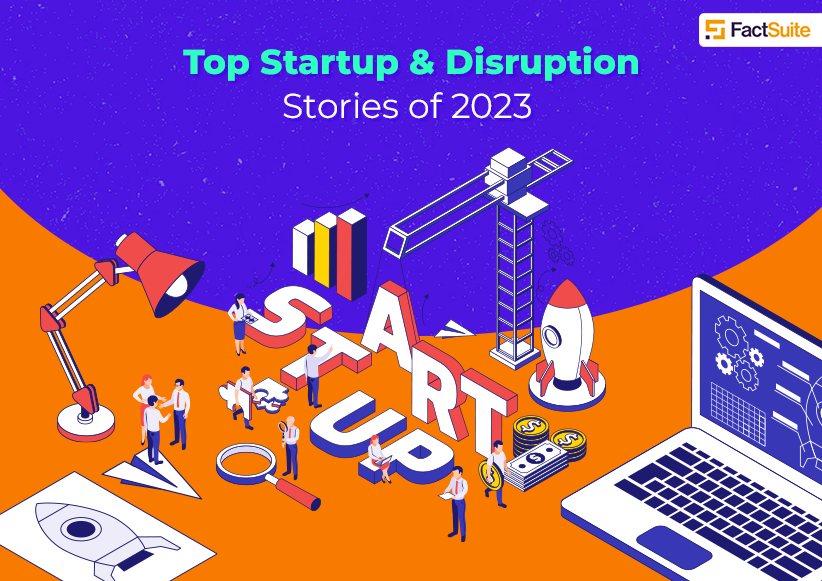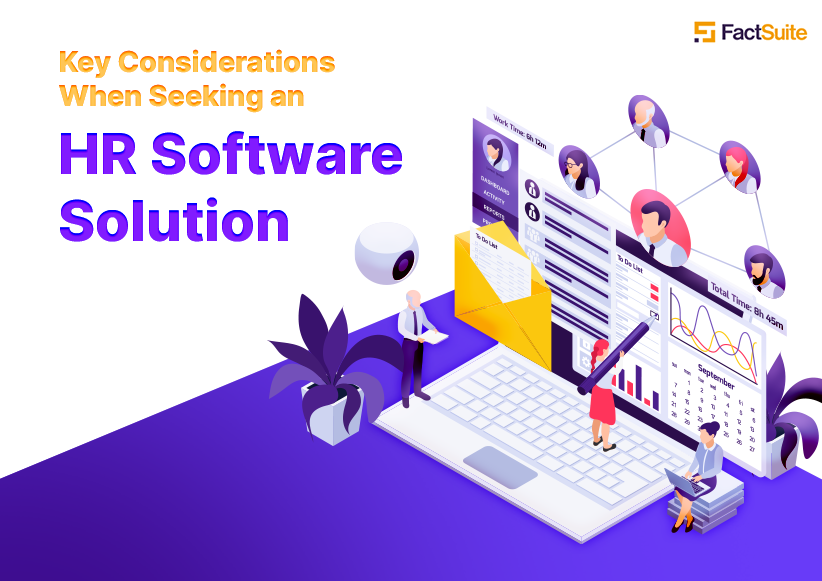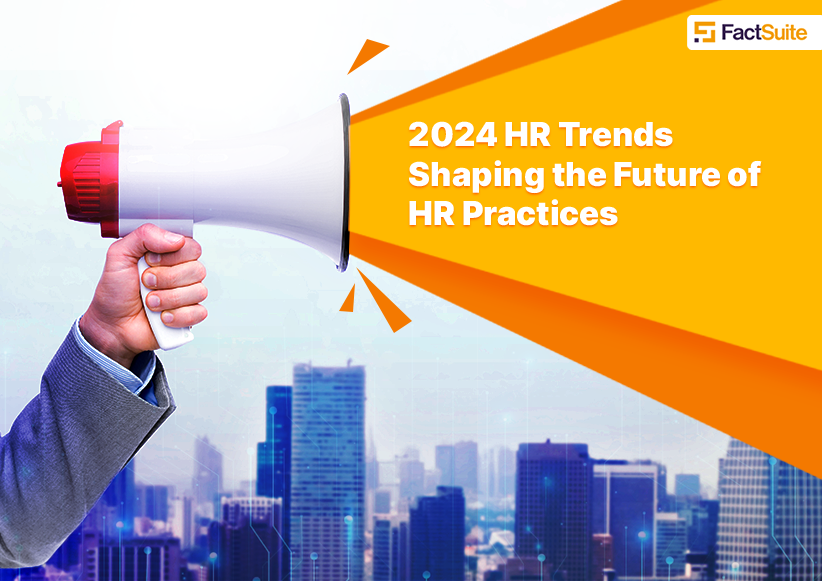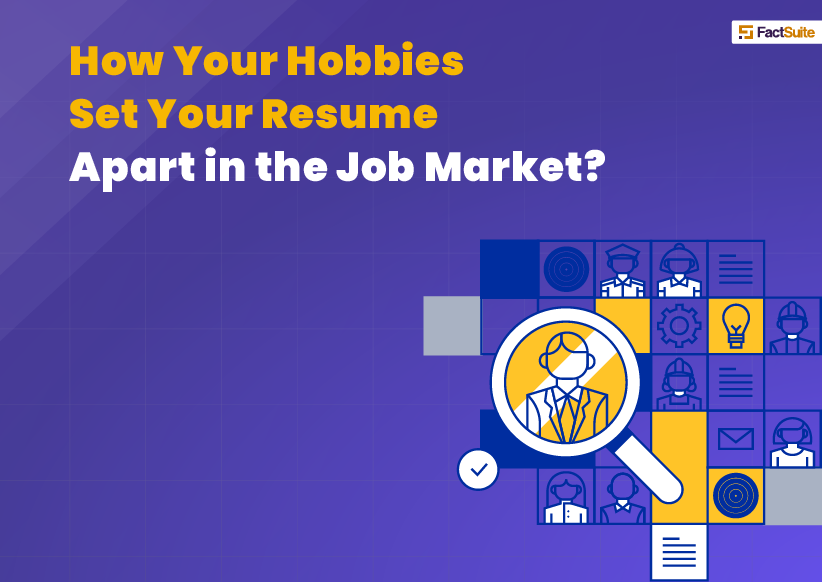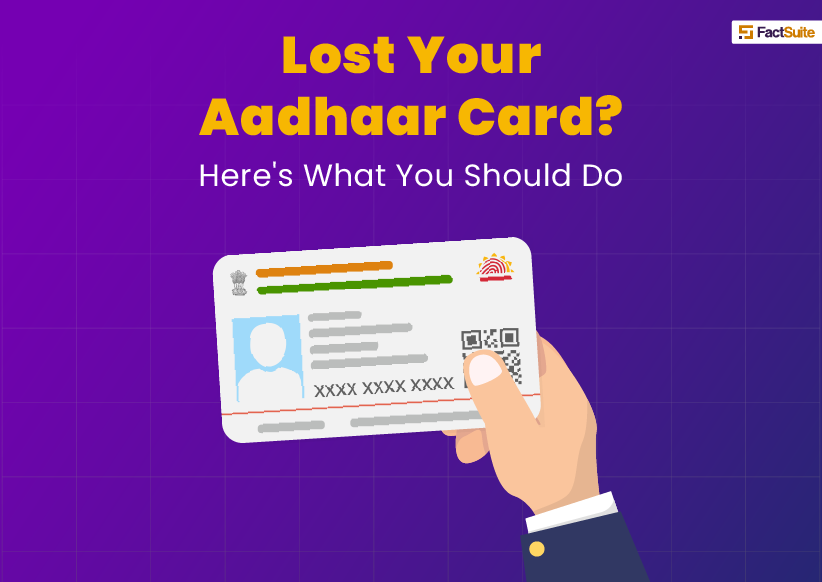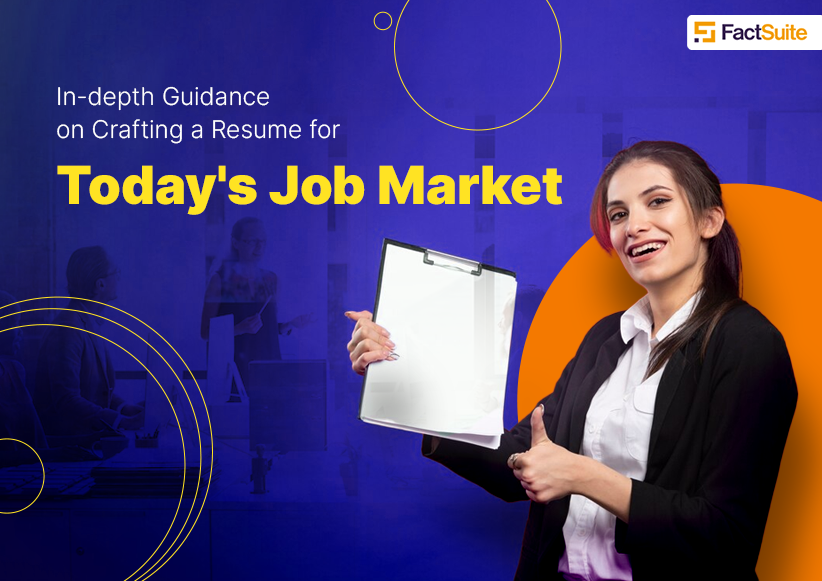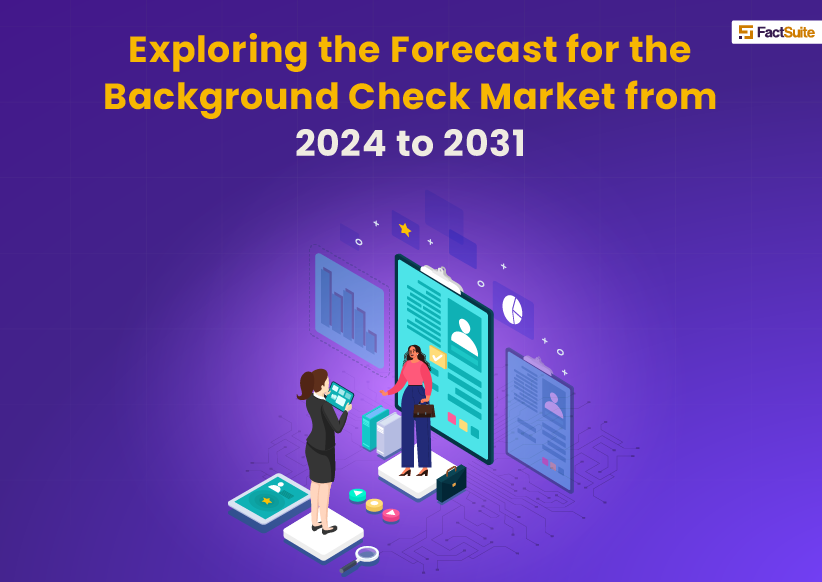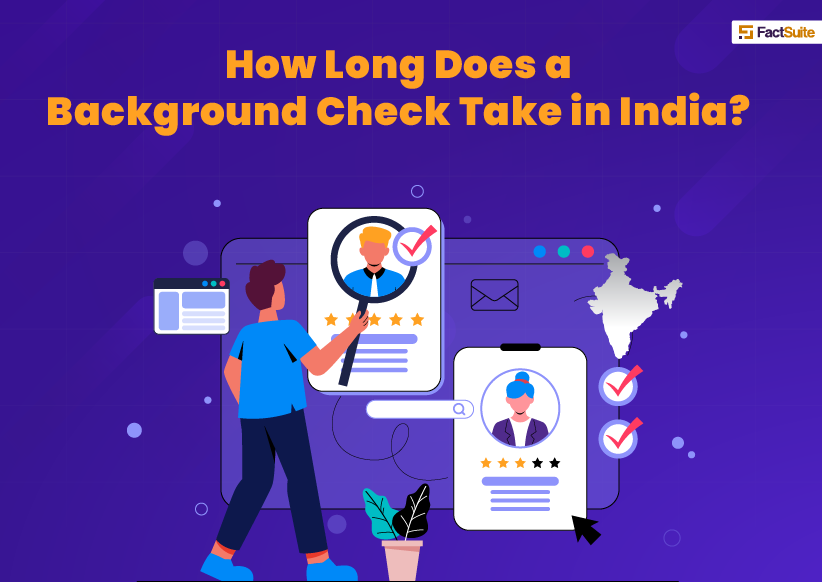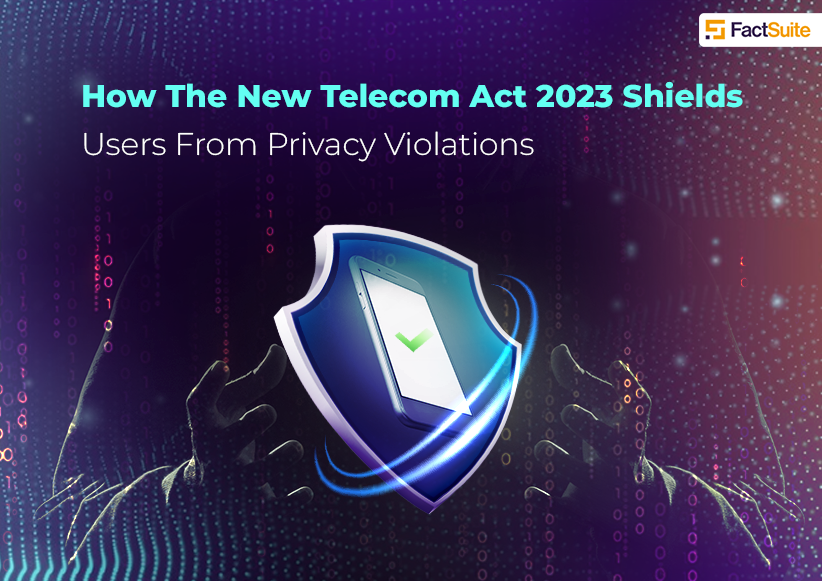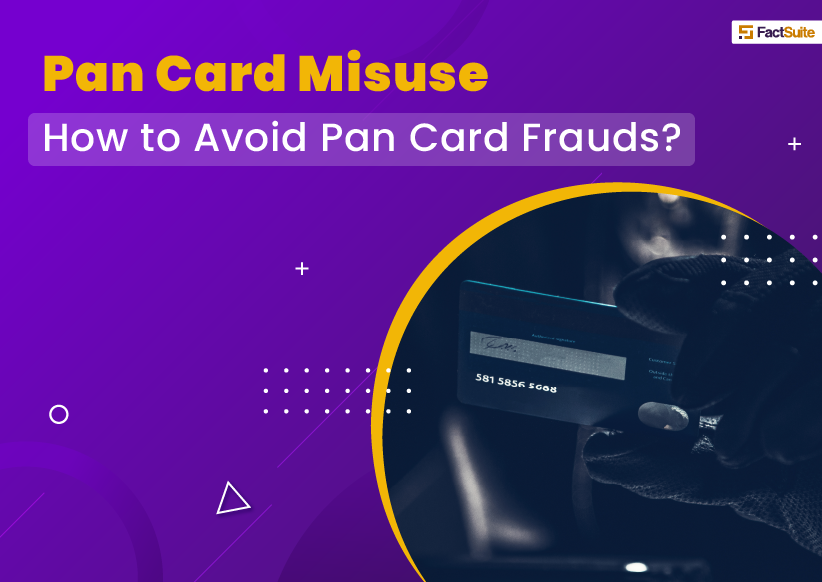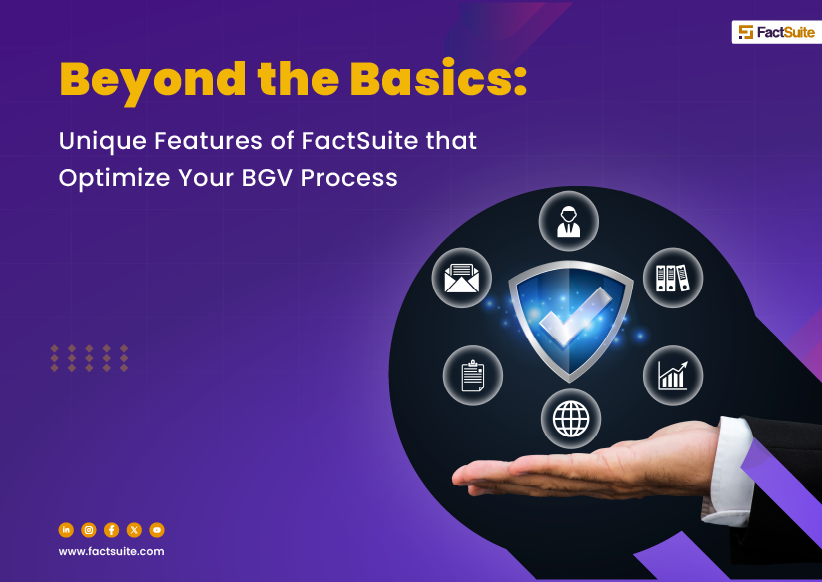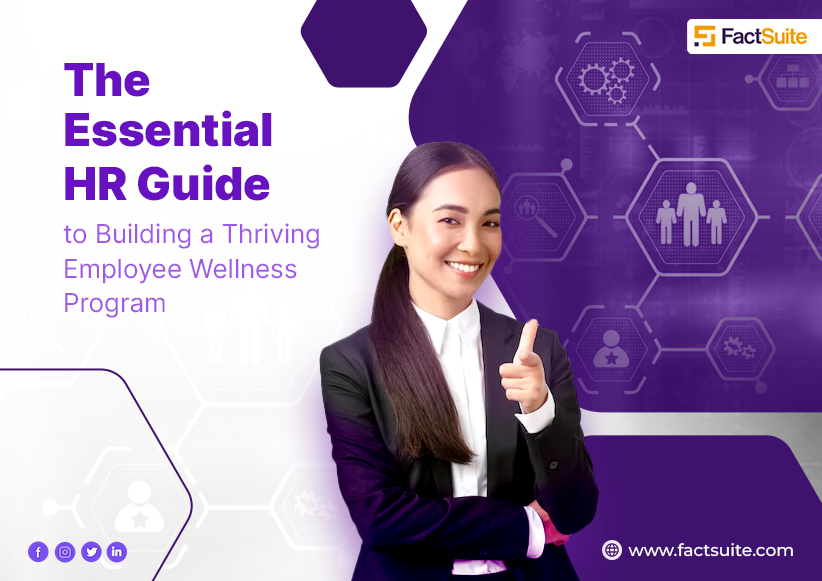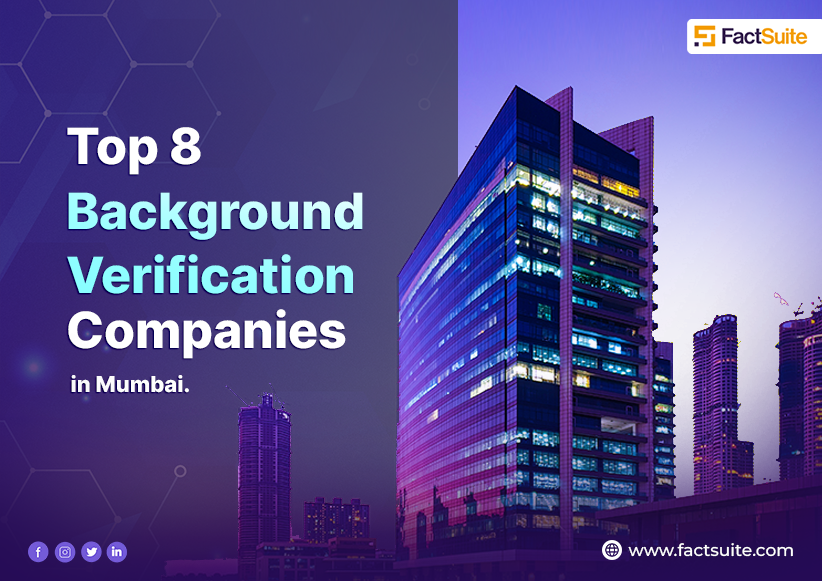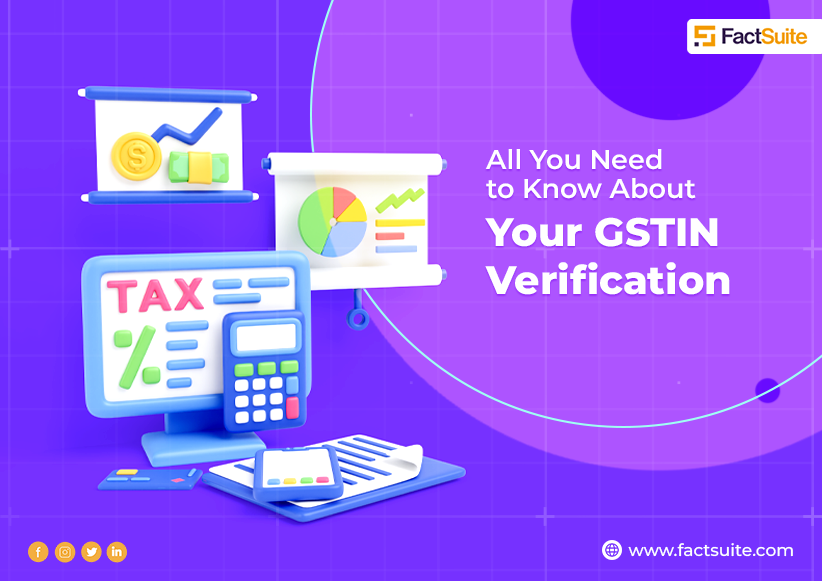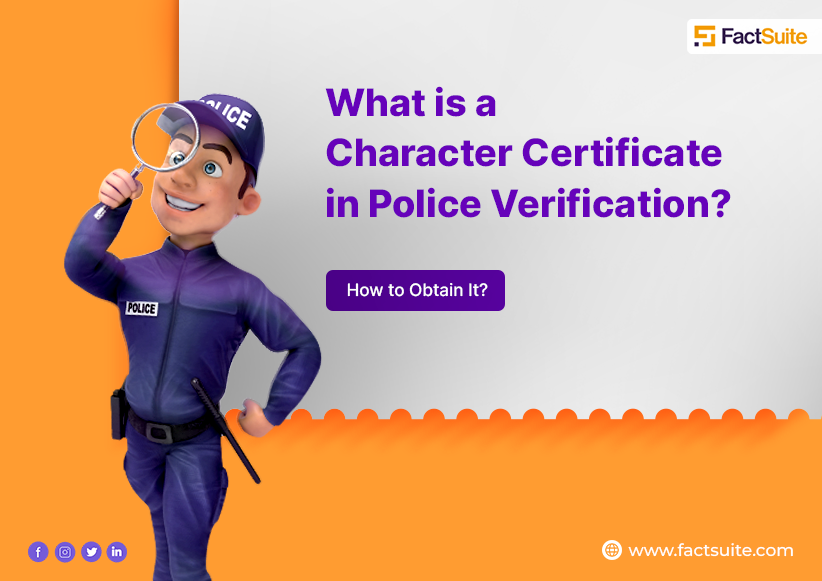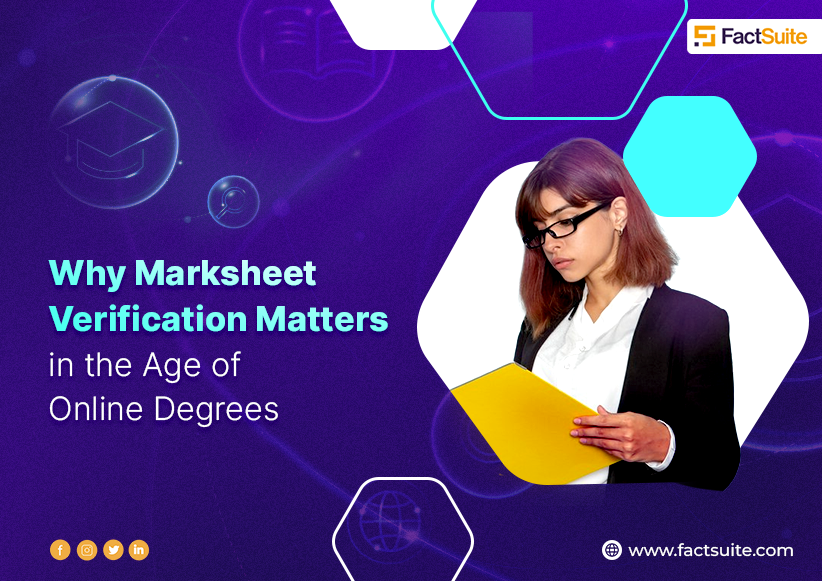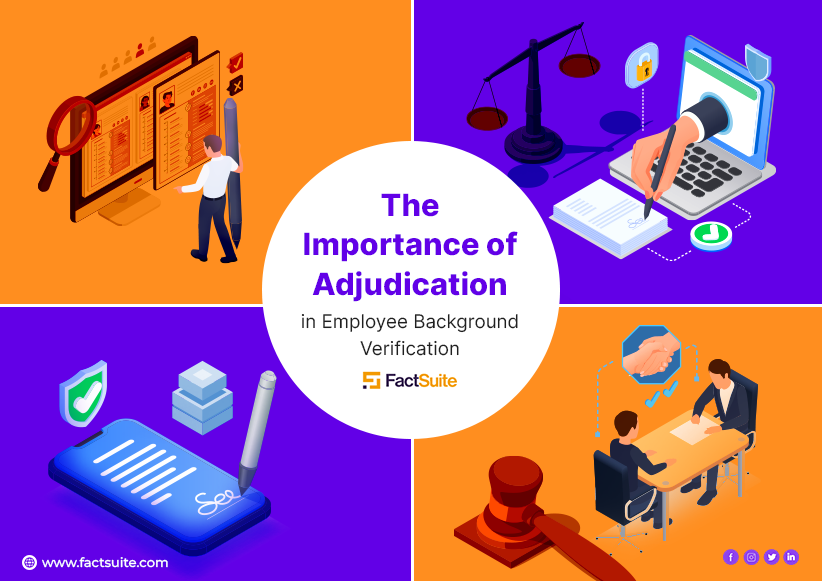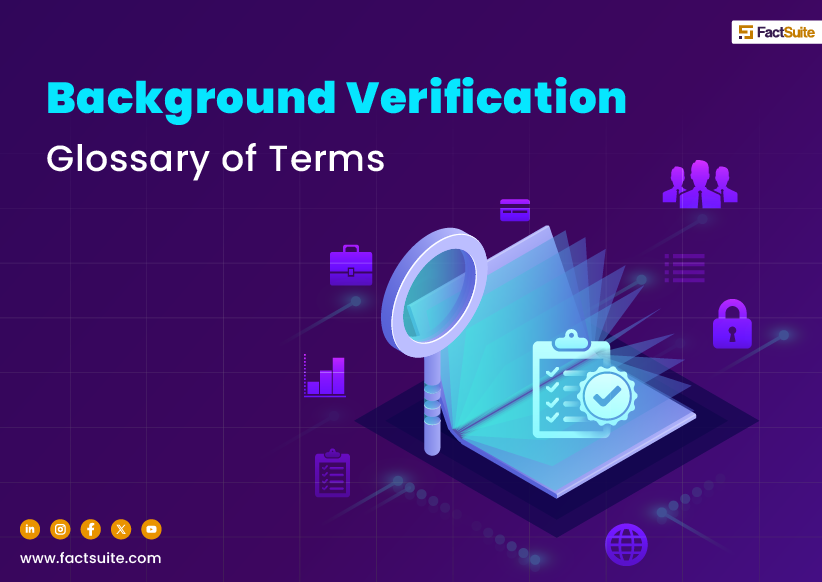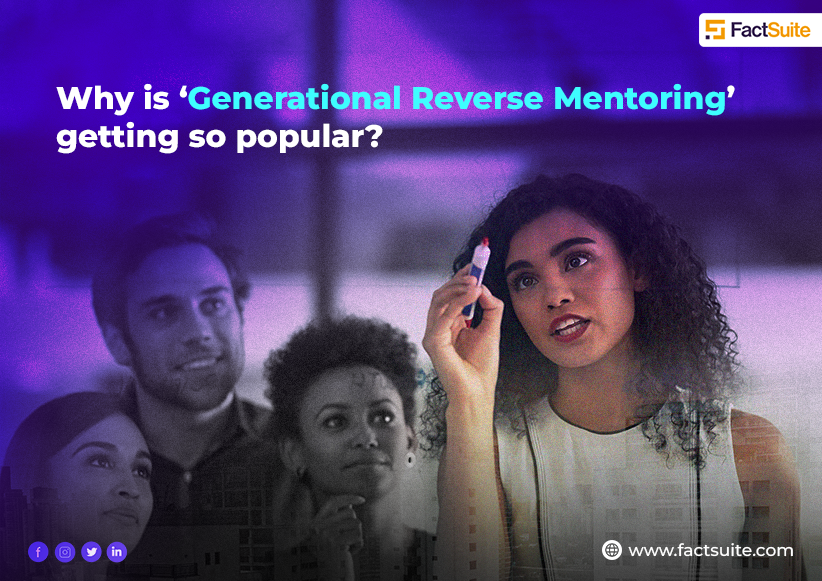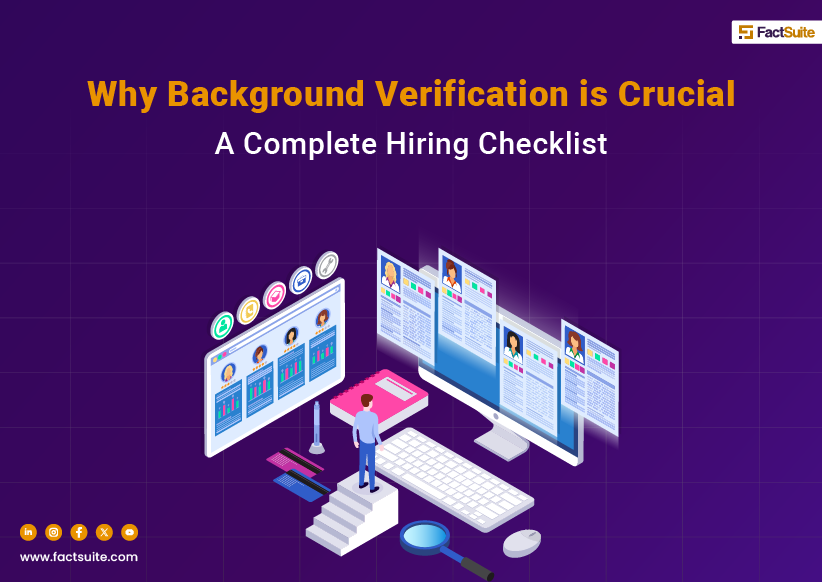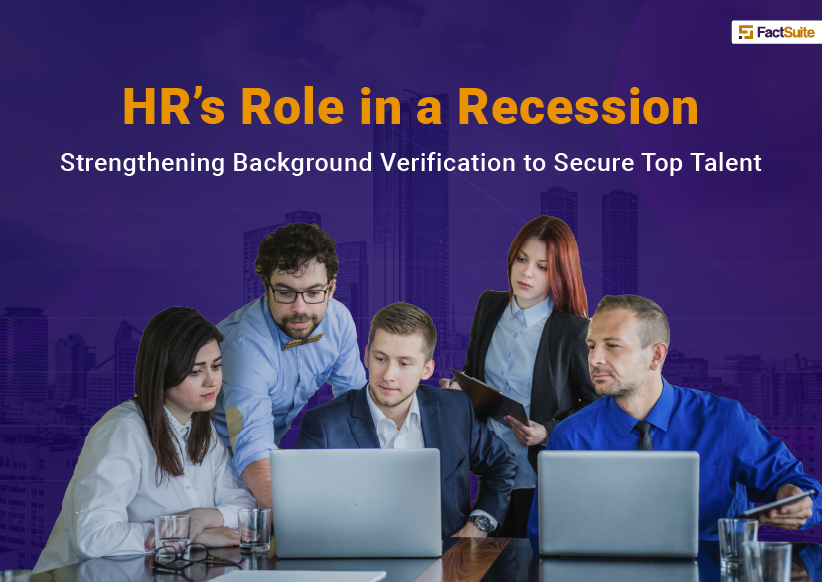Is Blockchain the Answer to a Speedy and Transparent Hiring Process?
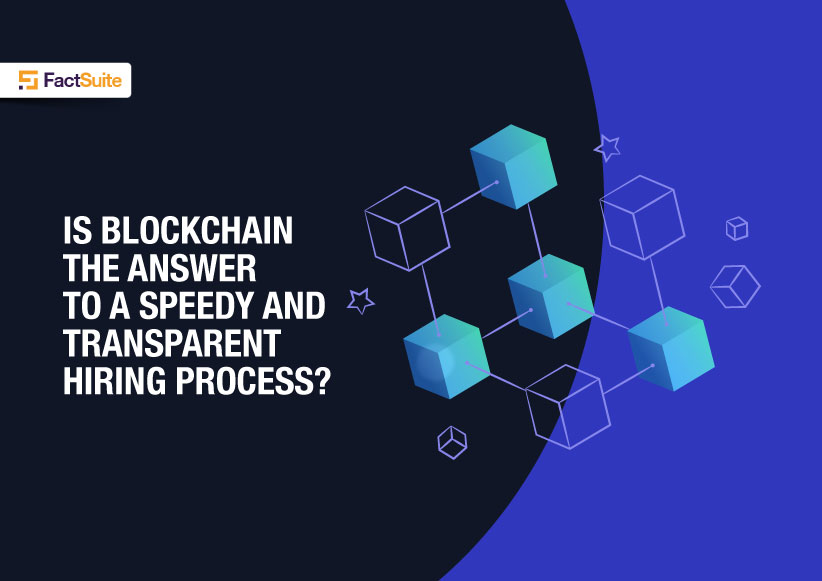
Table of Contents
- What Makes Blockchain Relevant to Recruitment?
- How Can Blockchain in Recruitment Be a Game-Changer?
- Why Blockchain Matters?
- How Blockchain can be Extrapolated to the Employee Background Verification Process?
- Blockchain In Recruitment – A Passing Trend or More?
- Conclusion
What Makes Blockchain Relevant to Recruitment?
Misleading employers in a resume occurs more often than expected. It is such common practice that inc.com found that at least 85% of candidates lie on their resumes. But what’s more shocking is the fact that most people never get caught - 79% to be more precise!
Therefore, background checks are a crucial aspect of the recruitment process to ensure company integrity. Currently, background verification companies employ a manual-heavy approach that averages a lead time of 2-3 weeks for every candidate. More often than not, pre-employment screening often takes more time than the rest of the recruitment process. So far, there has been no workaround for this process with background check companies as word-of-mouth has been the most reliable method. That is until now!
How Can Blockchain in Recruitment Be a Game-Changer?
Enhanced Trust and Transparency: Blockchain technology is poised to be a game-changer in recruitment primarily because it brings unparalleled trust and transparency to the hiring process. Traditional recruitment often struggles with authenticity and trust issues, such as fabricated resumes, exaggerated qualifications, and the opacity of candidate and employer information. Blockchain addresses these challenges by creating a decentralized ledger that records all actions and transactions involved in the recruitment process.
Transparency: With blockchain, every step of the recruitment journey is documented in a secure, tamper-proof manner. This means that job seekers, employers, and recruiters can trust that the information they receive and share is accurate and unchanged. As a result, the risk of deception, misinformation, and fraudulent activity is significantly reduced.
Verification of Credentials: Job candidates frequently embellish their qualifications and experiences to stand out in a competitive job market. Blockchain offers a solution by providing a secure and immutable way to verify a candidate's credentials. Educational institutions, previous employers, and other relevant entities can upload and verify records on the blockchain, allowing recruiters to quickly and easily assess the authenticity of a candidate's claims. This streamlines the vetting process and helps employers make more informed decisions.
Why Blockchain Matters?
Blockchain is a distributed ledger system that does away with a centralized administrator. Data and digital history are stored in blocks that are chained together. Appending always occurs only at the end of the chain, and new blocks get added when a threshold on the number of transactions is crossed. Updation is automatic, and transmissions are entirely on a peer-to-peer network.
The way blockchain works, it can run on public platforms or private. You can design blockchain to be:
- Public - Allowing everyone on the network to add data - how cryptocurrencies like BitCoin works.
- Semi-Public - Only authorized people can add data - the way Dragonchain developed by Walt Disney works
- Private and semi-decentralized - Where more than one organization manages the data - What governments and other institutions use.
As you can see, blockchain allows for various security levels to ensure the integrity of data while maintaining transparency.
How Blockchain can be Extrapolated to the Employee Background Verification Process?
Blockchain in BGV allows for quick digitization of the manual heavy background check processes of the past (and present!). With blockchain, the entire resume is stored as a block of data that all stakeholders are privy to. Entering data into a blockchain network means that employers, candidates, and certifying institutes all have access, but only a few have the authority to add/change/validate the data as needed. As the candidate adds data in the respective fields, government organizations are privy to validate criminal background checks, educational institutes verify degrees, past employers perform reference checks and so on.
The blockchain advantages are:
- Digitization means reducing lead time from 2-3 weeks to mere minutes.
- Blockchain eliminates dependency on third-party systems, thereby reducing security risk.
- Blockchain also makes the entire system that is used for background checks foolproof. Instead of word-of-mouth, companies can now rely on a reliable ledger that is tamper-free.
- All data on blockchain is encrypted, making sure that the whole system is unalterable and impossible to hack.
- Blockchain in BGV makes for a tightly coupled network, with all employers and employees existing within the same system.
Blockchain In Recruitment – A Passing Trend or More?
Before we answer this question, it’s important to address the digital transformation brewing in the HR field. Digital HR and people analytics have been the focal point in the sector over the last few years. Adoption of technology has accelerated by seven years, according to a report by McKinsey. These changes are a testament to the fact that HR is undergoing revolutionary changes, and experimenting with new technology is far easier today than a decade ago.
Speaking specifically of digitization in the recruitment process, BGV (Background Verification) companies are currently using ATS (Application Tracking Systems) to quickly sift through hoards of applications, using simple word-mapping and big data. As of now, the mesh that the ATS filter uses is quite hoarse, meaning the system helps eradicate unsuitable candidates based on qualifications mentioned in the resume. However, ATS technologies can easily double-down with an ultra-fine mesh of verification right at the beginning of the application process using Blockchain. Saying so is not just a conjecture!
Circling back to the commercial feasibility of Blockchain, the answer is a resounding yes. This is a relatively easy integration, and some key baby steps have been initiated worldwide. Some examples are mentioned below:
- MIT already has a blockchain system set up for verifying degrees. Given access, anybody can verify potential candidates.
- Profede is a network of verified professionals who securely input verified personal data onto the platform. Empowering networking at a whole new level, the company charges a commission each time professionals are offered a job, a business proposal, or a commercial offer based on the verified data.
- Australian cryptocurrency Chronobank has developed a blockchain-based platform that allows hiring managers to access a database of freelance workers with verified work records.
- UK based APPII is doing the same for full-time career professionals, but with the addition of facial recognition technology.
Conclusion
With 20-30% of candidates including fraudulent references in their resume, it’s time that the HR industry embraces a more robust system that guarantees the safety and security of employers and employees while also reducing massive overheads. Blockchain in BGV offers a secure, fast, and economical solution in transforming BGV processes to fit the digital-first era.
